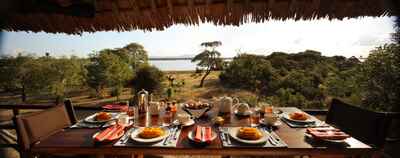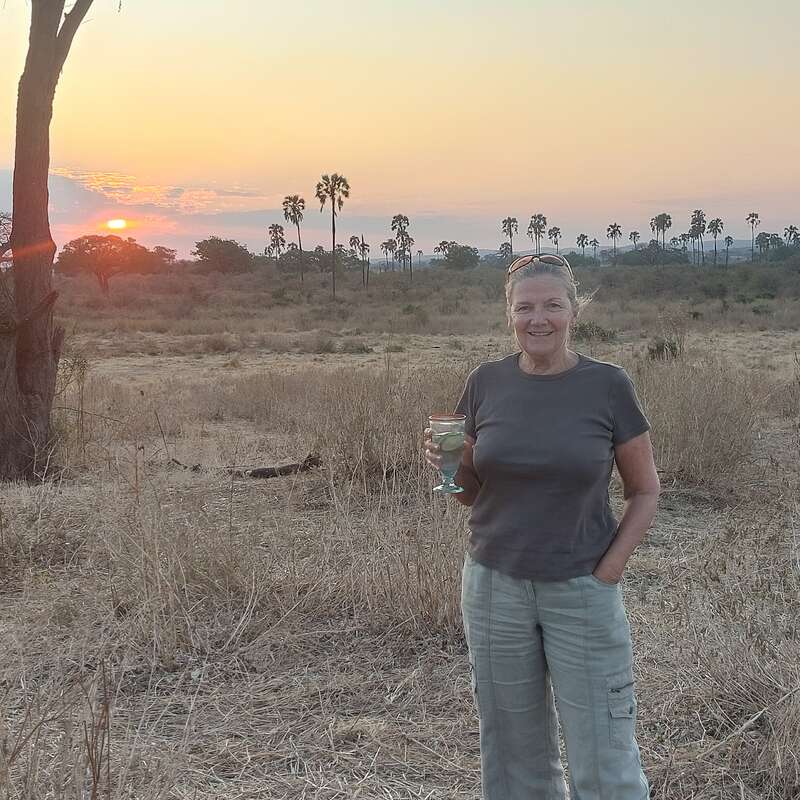About Siwandu
Personal and professional service make Siwandu Camp stand out – plus a lakeside location, beautiful rooms and delicious food.
Miombo bush, a grove of palms and a lakeside setting give a park-like feel to the camp, where plenty of thought underpins each visit. From the professional but warm welcome on arrival to the banter with the staff and guides, Siwandu sets out to make its guests feel special.
Thirteen spacious tented rooms overlooking Lake Nzerakera boast views from every aspect. Separated to maximise privacy, their large lounging decks front and back invite you to relax and savour the surrounding bush, watching wildlife graze along the lakeshore.
Interiors are cool and stylish with sizeable beds and overhead fans, whilst outdoors, open-air solar powered showers wash away the day’s dust.
The service is exceptional, from the delicious meals taken either as breakfast in the bush, lunch on the lake, or beautifully laid out under the stars, to the expert guiding where you are subtly taught more than you realise.
Drive through woodlands and across open plains in well-thought-out open-sided vehicles, take a slow-paced walk to immerse yourself in nature, or boat past crocodile-heaped islands and wading storks, all in the company of a knowledgeable and engaging guide. Siwandu is truly a place to appreciate.
Our view
Siwandu has a very comfortable, stylish feel and a lovely lakeside location. The tents are of a very good standard, offering high levels of comfort without detracting from the environment and safari feeling. Excellent service, delicious meals and memorable guiding mark this camp out as a very high-quality operation, which will really suit travellers looking to combine a wilderness safari experience with a touch of luxury.
Accommodation
13 tents
Children
Best for aged 8+
Open
1st June to mid-March
Activities

4WD Safari

Birdwatching

Boat trip

Fishing

Guided walking safari

Private activities
Traveller reviews of Siwandu
87 real, un-edited reviews from Expert Africa's travellers.
Arrived 12 Oct 2024, 5 nights
"Siwandu review"
Overall rating: Excellent
Arrived 15 Sep 2024, 5 nights
"Siwandu review"
Overall rating: Excellent
Arrived 1 Sep 2024, 4 nights
"Siwandu review"
Overall rating: Excellent
Arrived 11 Aug 2024, 3 nights
"Siwandu review"
Overall rating: Excellent
Arrived 16 Jun 2024, 4 nights
"Siwandu review"
Overall rating: Excellent
Arrived 12 Nov 2023, 4 nights
"Siwandu November 2023"
Overall rating: Excellent
Arrived 23 Jun 2023, 6 nights
"Siwandu review"
Overall rating: Excellent
Arrived 25 Sep 2022, 4 nights
"Siwandu review"
Overall rating: Excellent
Arrived 21 Jul 2022, 4 nights
"Siwandu review"
Overall rating: Excellent
Arrived 24 Dec 2019, 3 nights
"Siwandu review"
Overall rating: Excellent
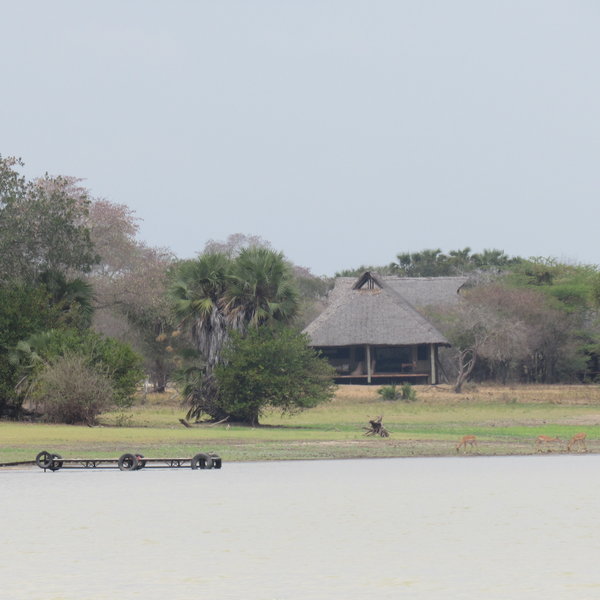
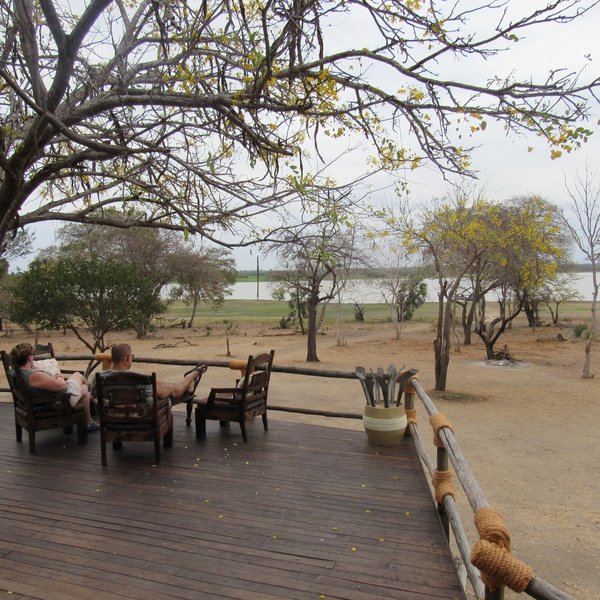
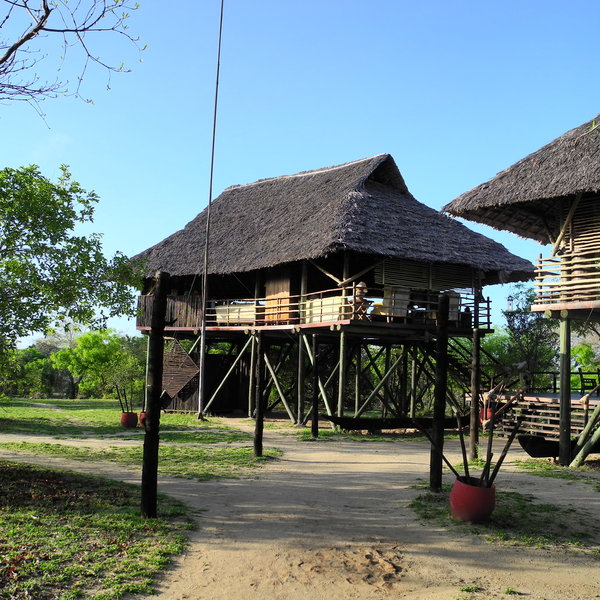
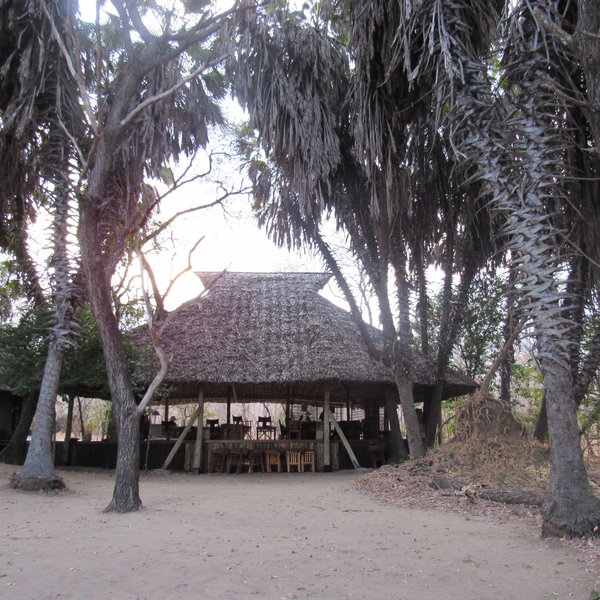
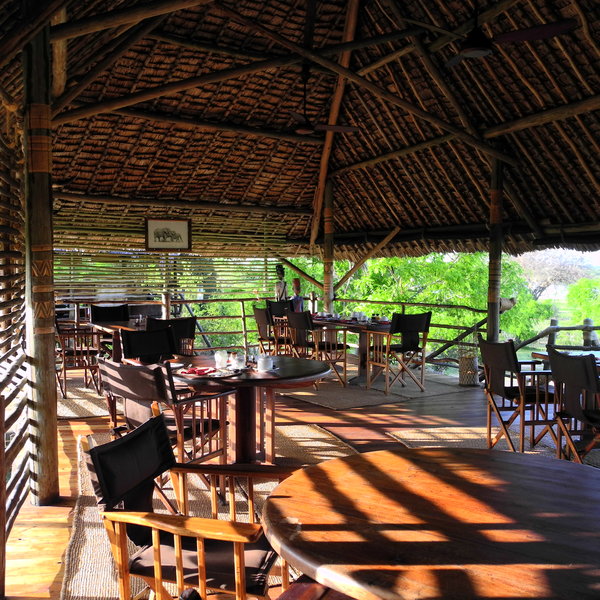
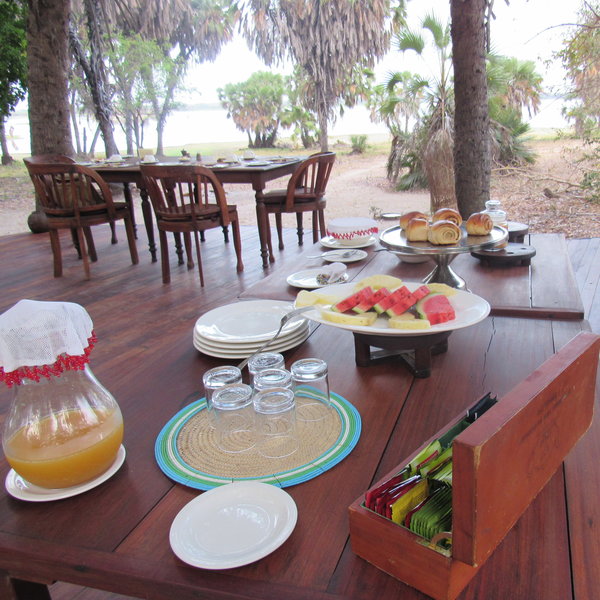
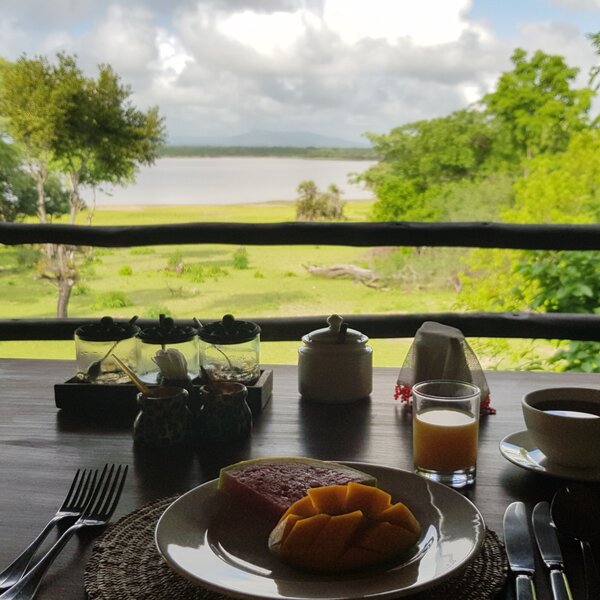
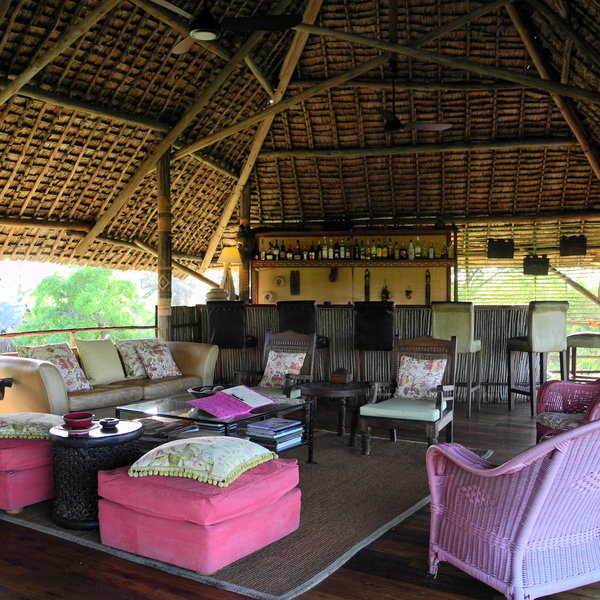
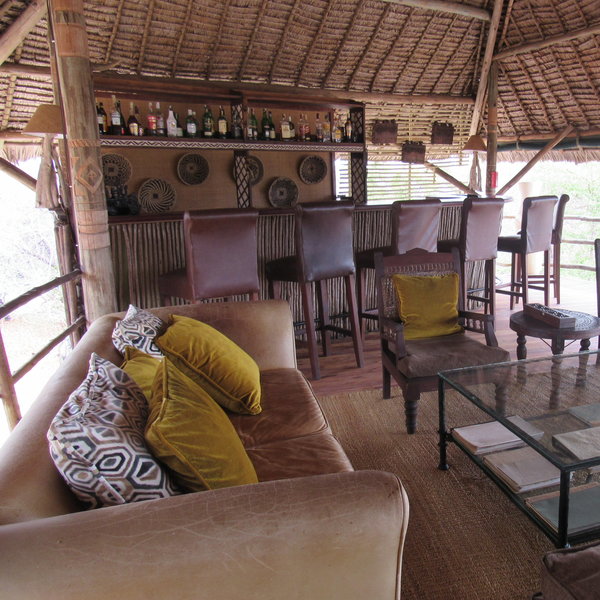
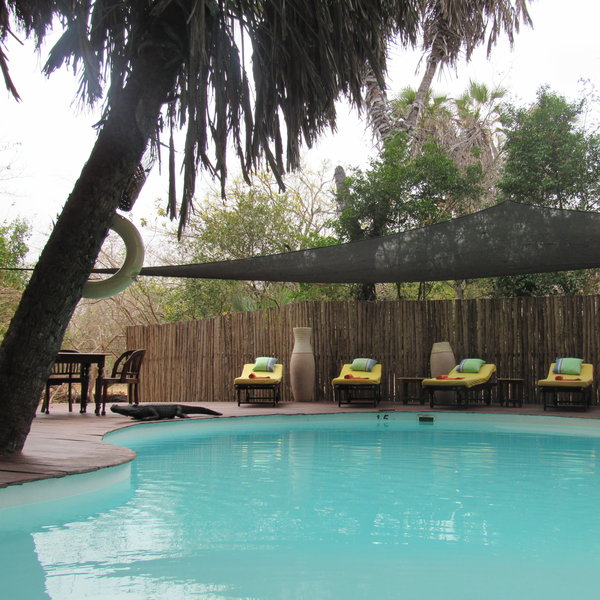
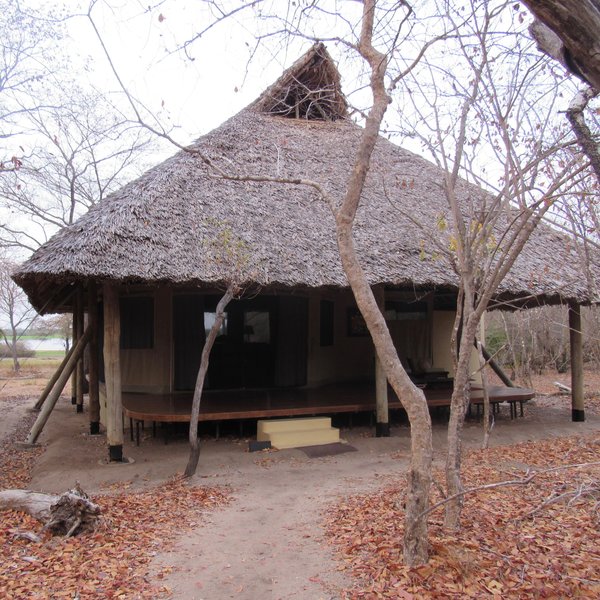
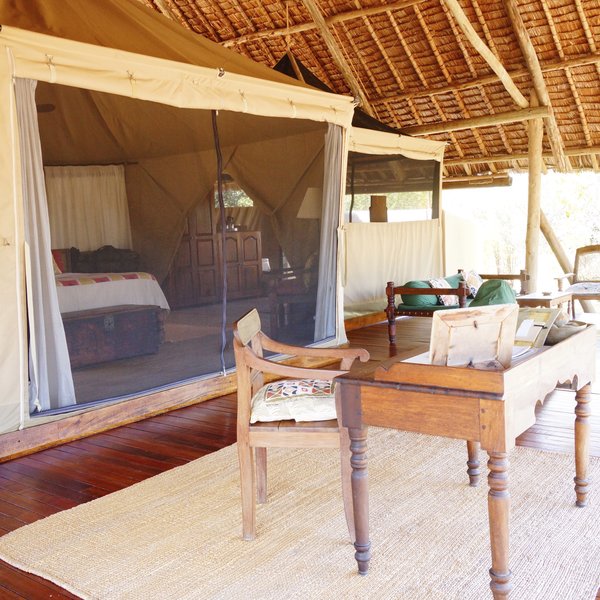
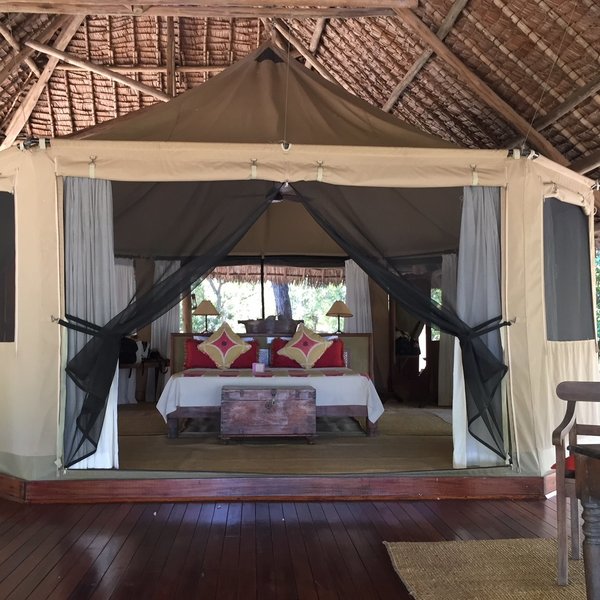
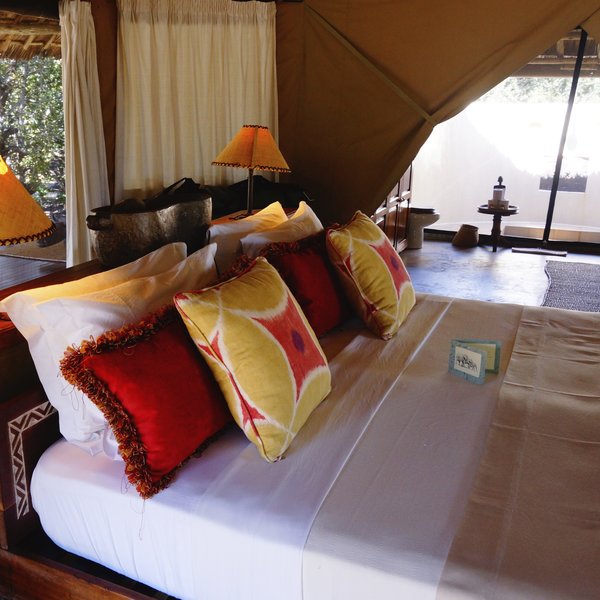
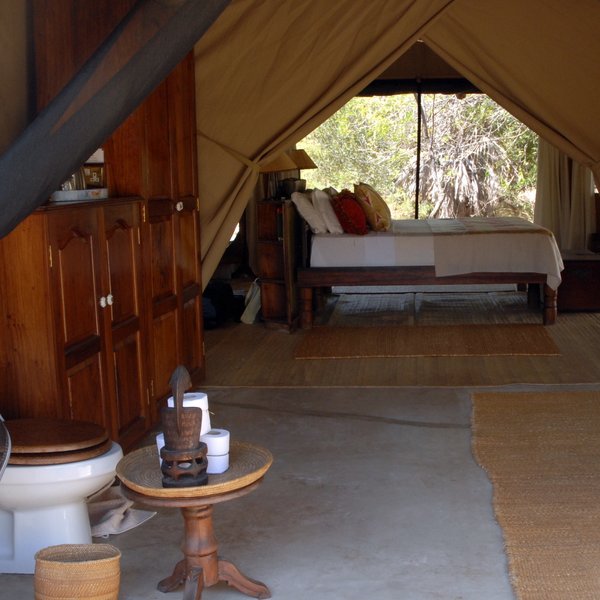
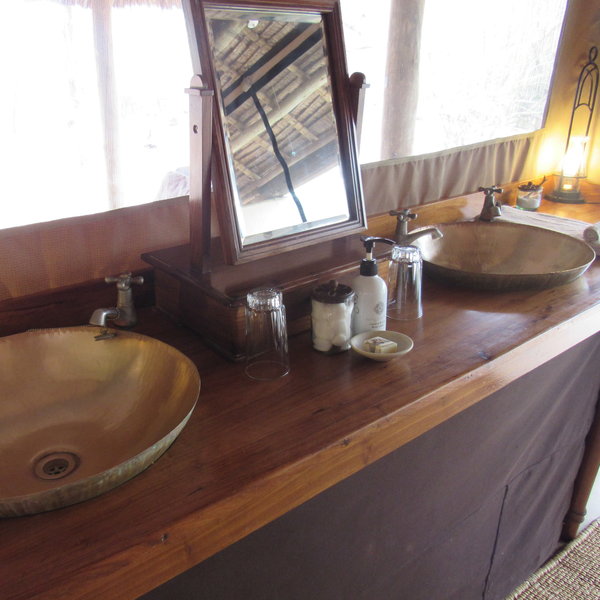
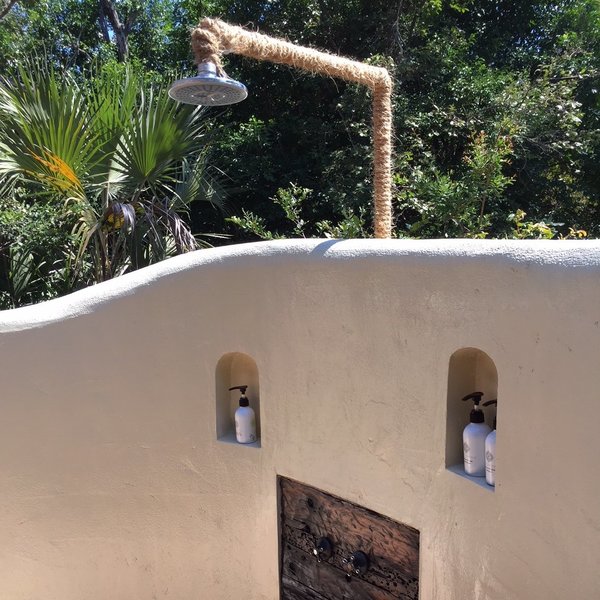
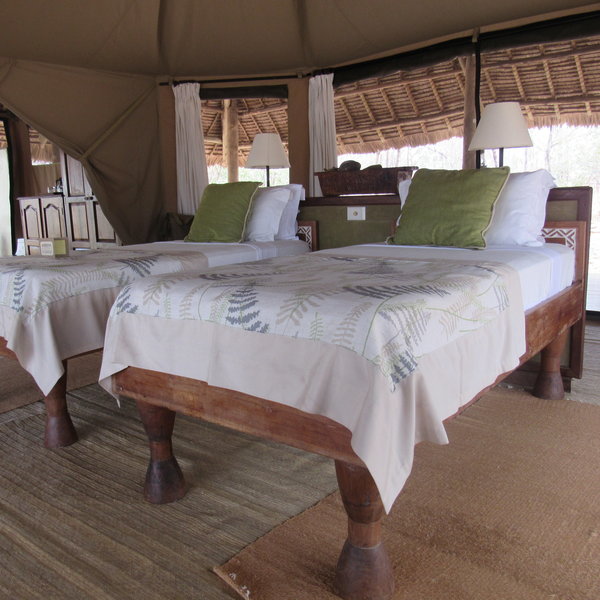
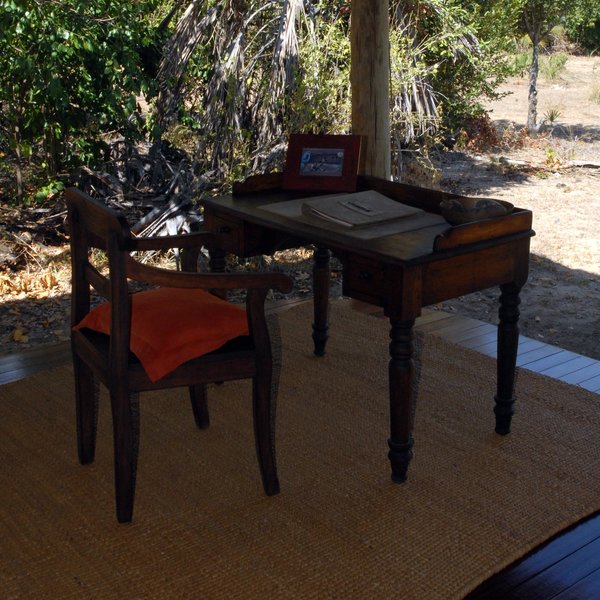
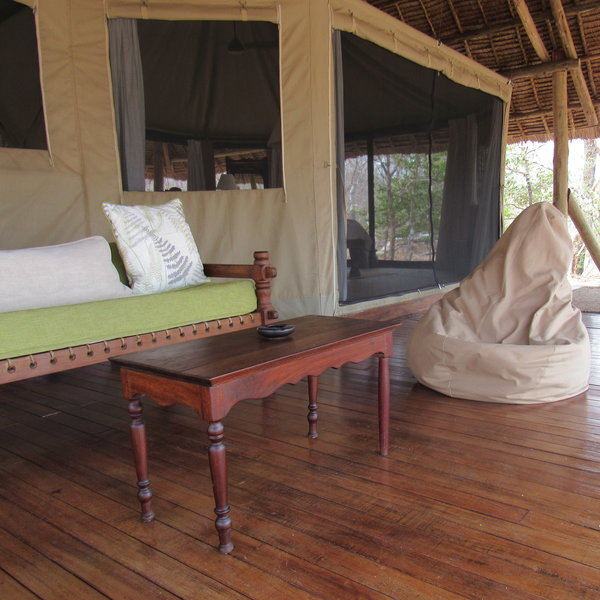
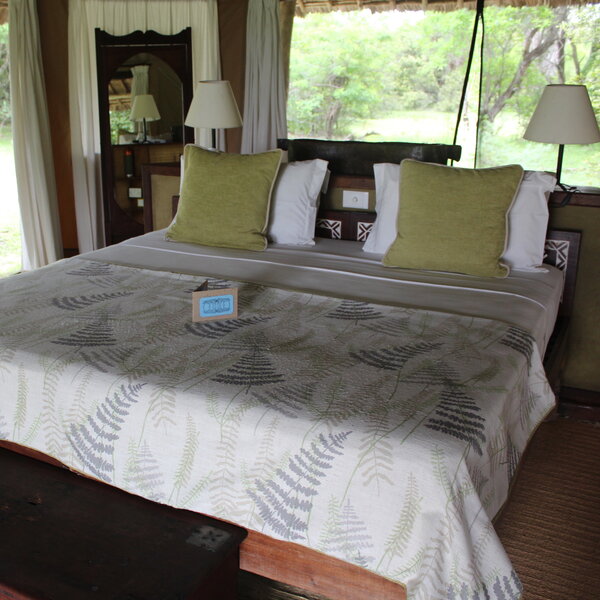
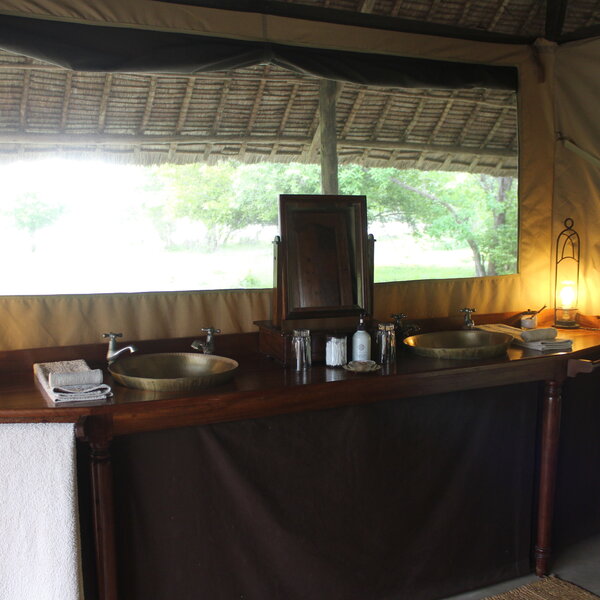
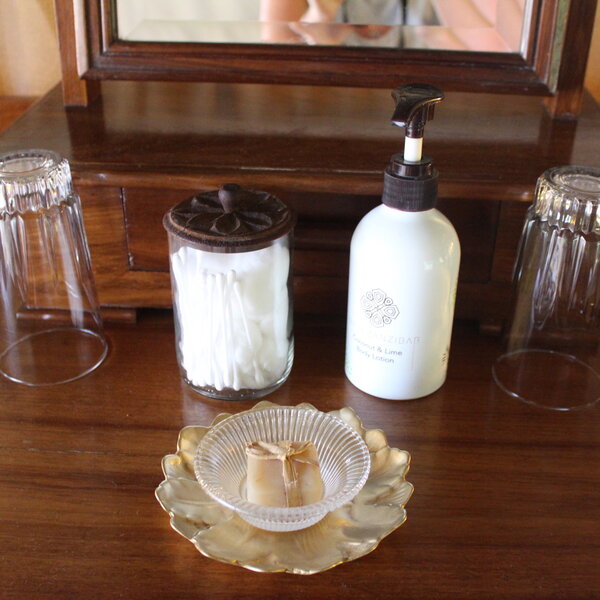
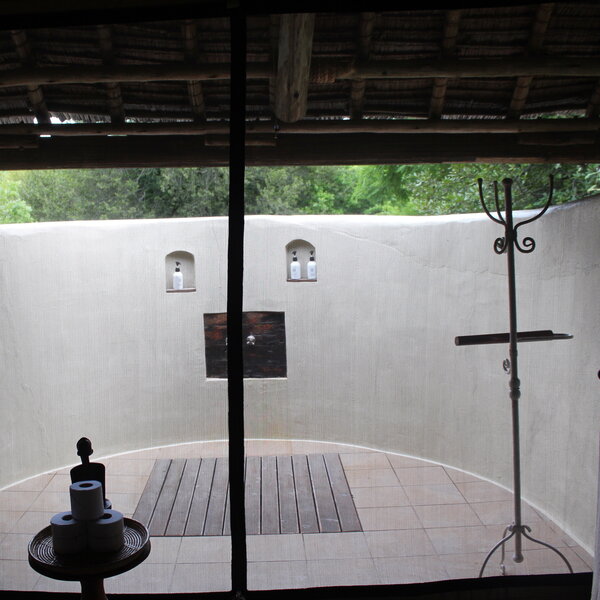
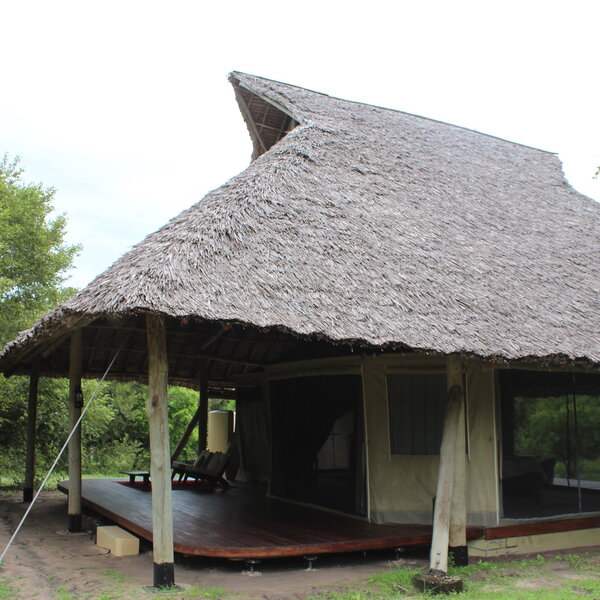
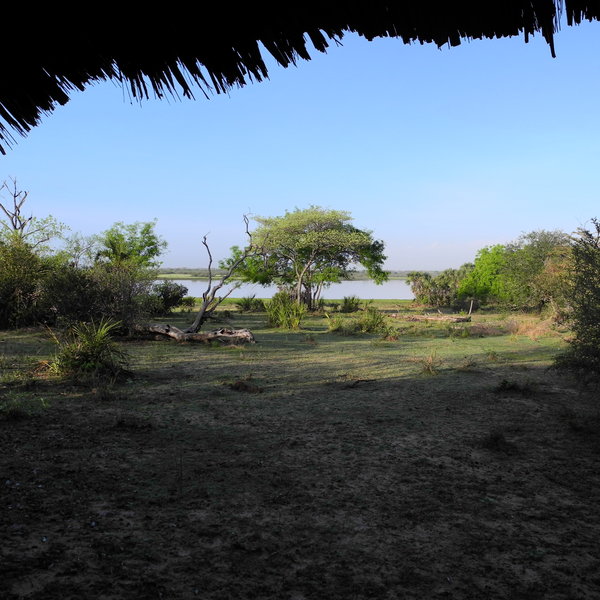
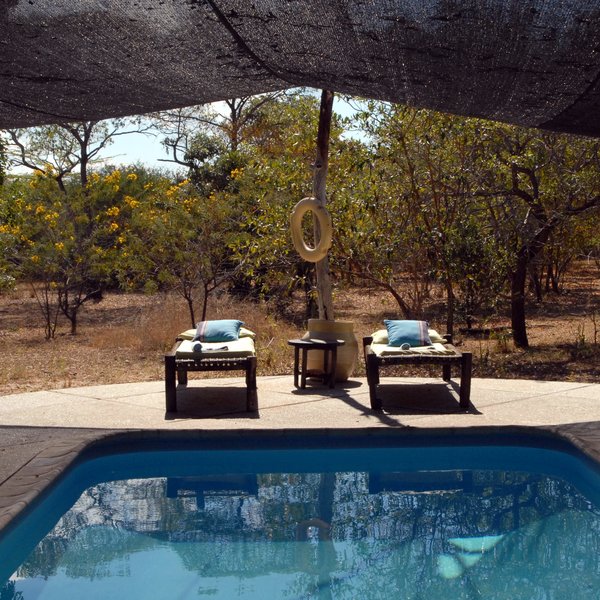
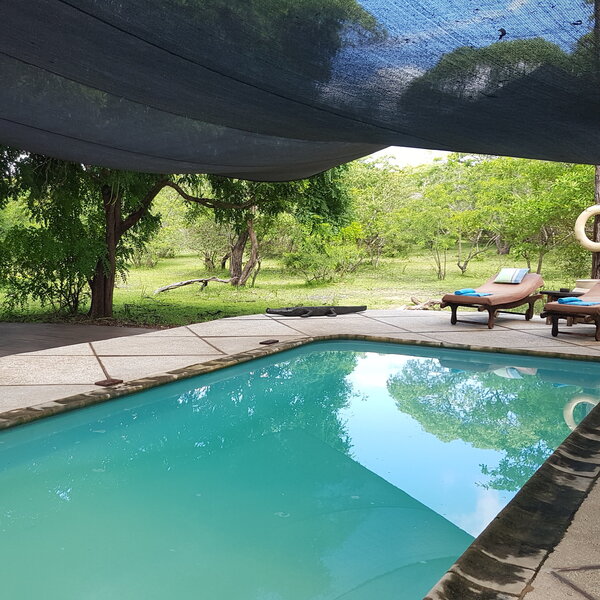
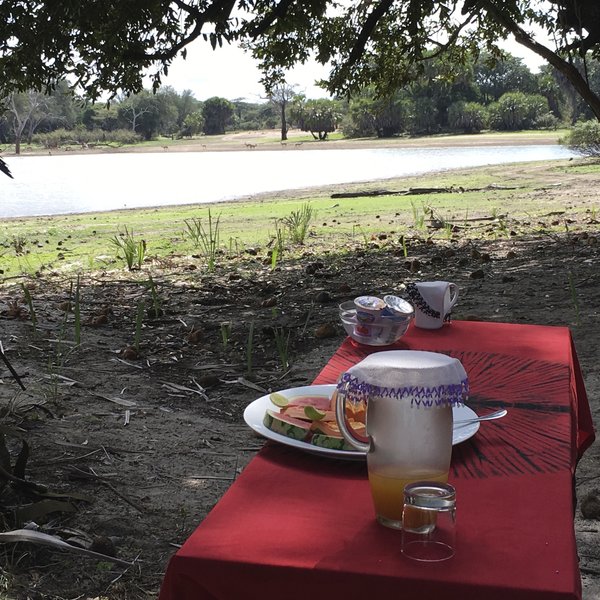
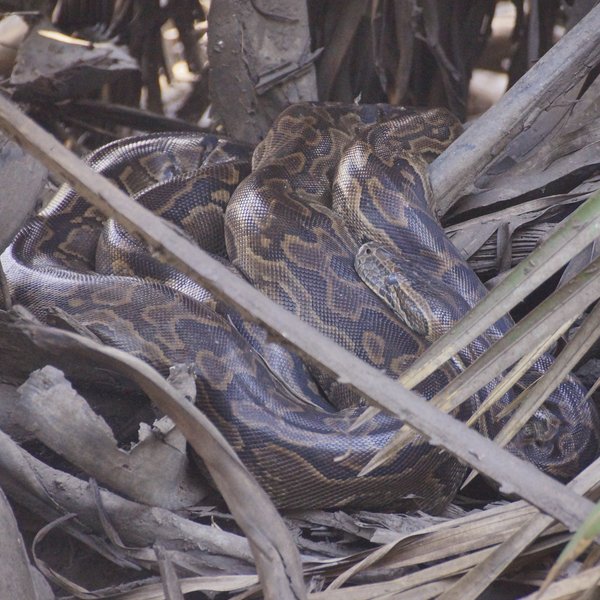
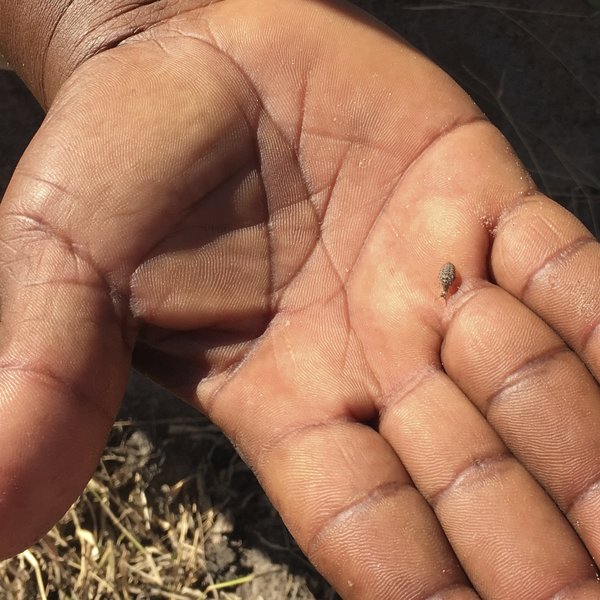
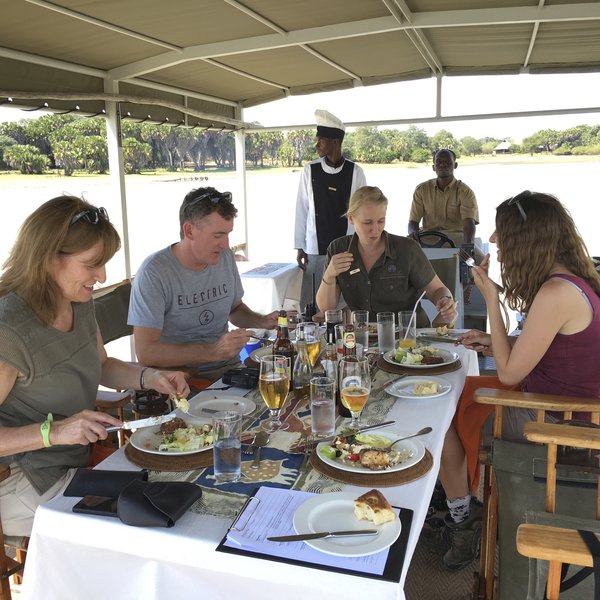
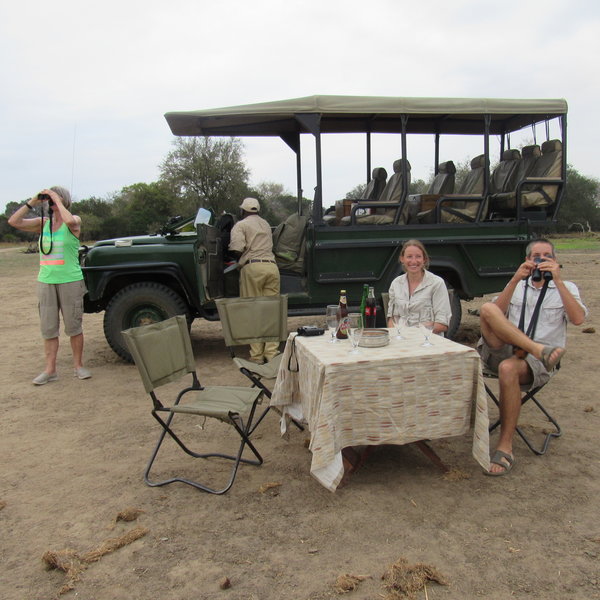
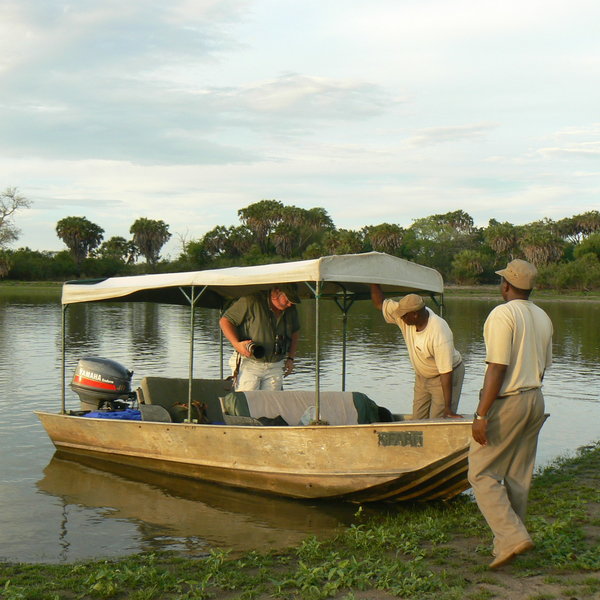
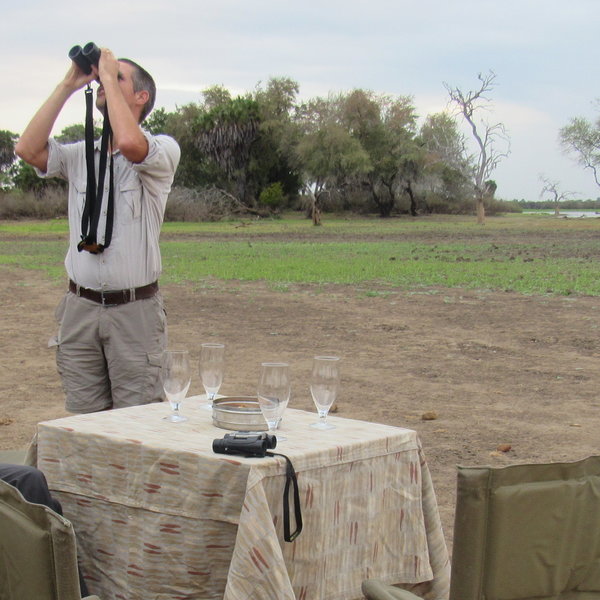
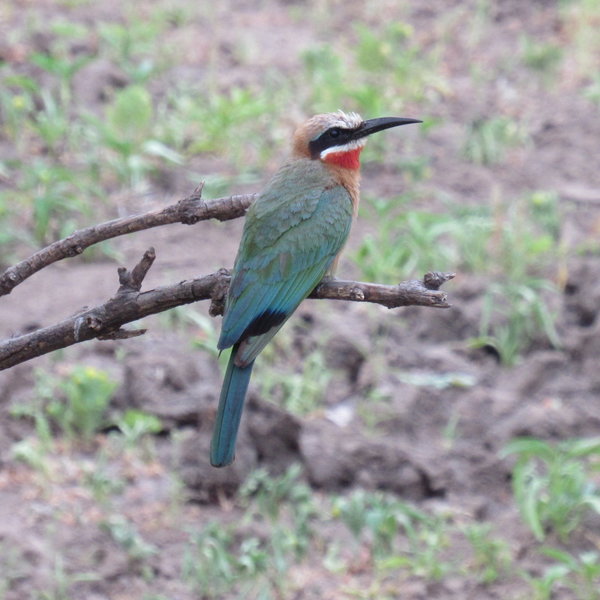

Expert Africa's gallery
When we travel we take lots of photos ourselves to give you a real and un-edited view of the safaris. See our 81 pictures of Siwandu to get the candid view.
View gallerySafaris visiting Siwandu
Just ideas, we'll always tailor-make a trip for you
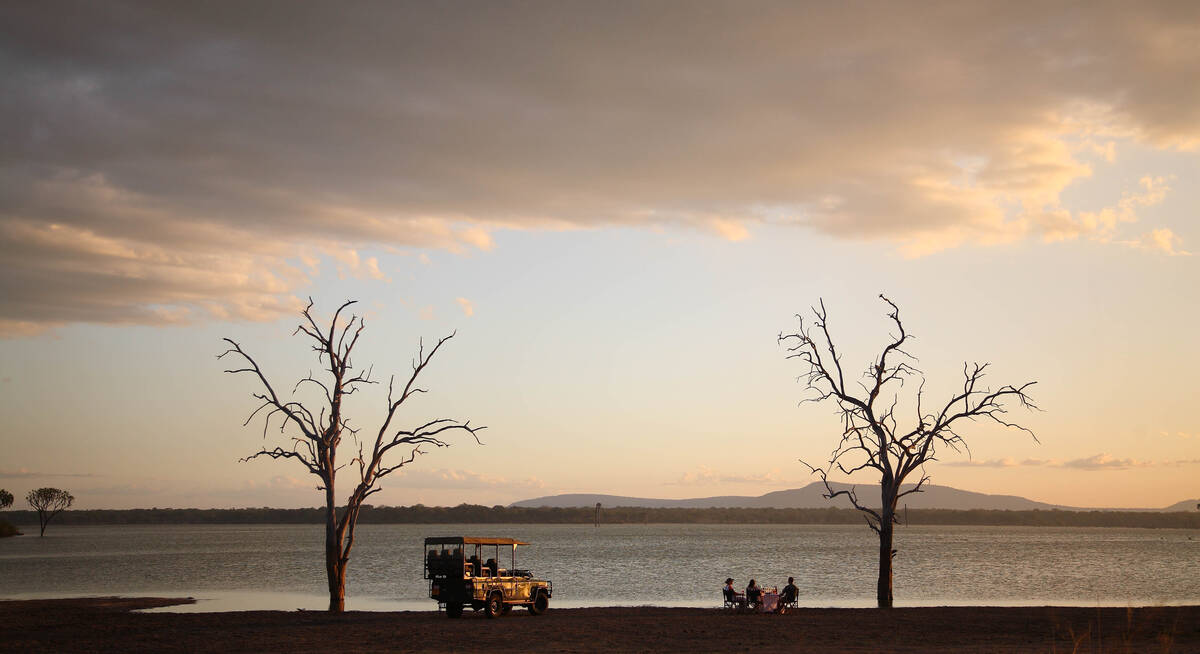
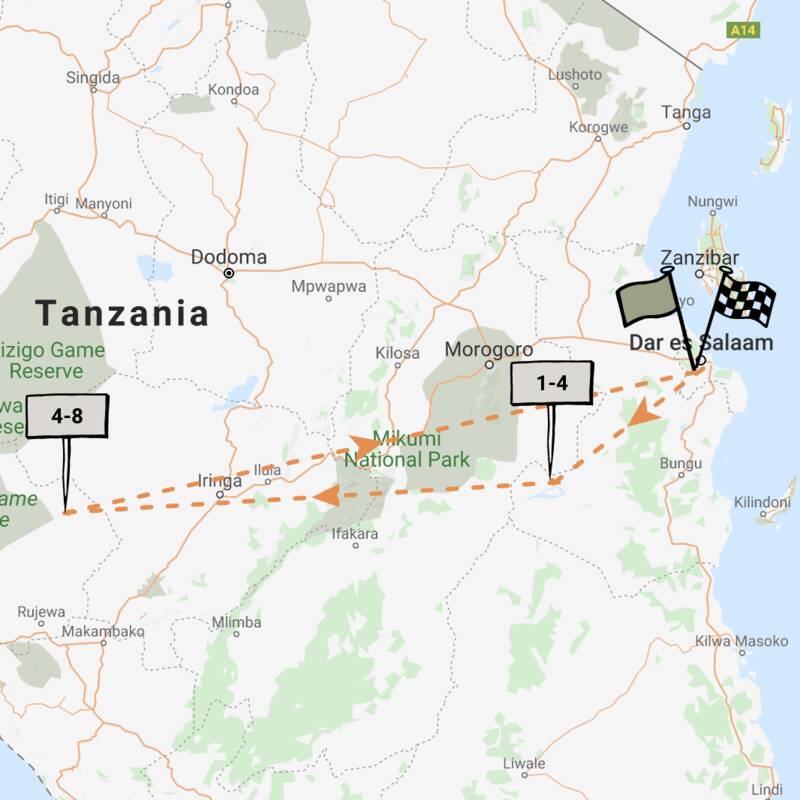
Topi Fly-in Safari
7 days • 2 locations • 1 country
DAR ES SALAAM AIRPORT TO DAR ES SALAAM AIRPORT
Explore Nyerere National Park and Ruaha National Park from two luxurious, colonially styled camps. Chosen for their access to good game viewing and thrilling remoteness, these camps also offer a range of varied safari activities.
Visiting Nyerere, Ruaha
US$7,420 - US$7,420 per person
Siwandu: Our full report
High-class and luxurious, Siwandu is set amid miombo woodland on the shores of Lake Nzerakera.
Formerly known as Selous Safari Camp, it's in the central part of Nyerere National Park’s prime wildlife-viewing area (previously the Selous Game Reserve). Lake Nzerakera is located a few miles north of the Rufiji River, connected to the main river by the network of waterways that laces through this part of southern Tanzania. Siwandu is an expansive camp, divided into two sections, together occupying a long stretch of lake frontage. Each section has its own communal area with swimming pool, lounge and dining room.
On arrival at Siwandu your briefing is held in the spacious reception area, where the camp office and a small souvenir shop are located. It is here that you’ll get your first impression of Siwandu’s stand-out professional and personal service.
Siwandu is divided into two camps, North Camp and South Camp. The seven tents of South Camp are usually filled first, followed by the six tents of North Camp, which is occasionally allocated to a private group.
The central areas of South Camp, located between the southernmost tents, #6 and #7, are tastefully decorated and comfortably furnished, with interesting African art and wooden furniture that includes beautiful writing desks. The main area is raised on stilts, offering lovely lake views from a deck partway up the structure. The lounge and bar are on one side of the top level, and the dining room on the other. Nearby, a paved area and deck surrounds a small swimming pool.
If you're staying in North Camp, you'll find its communal bar/lounge area set on one level. Comfortable seats under a thatched roof provide the perfect relaxing spot in the shade after a morning's safari and a good place from which to take in the view and watch the prolific birdlife that frequents the area. A small but well-stocked bar is in one corner, and traditional African bao boards are scattered around should you feel like challenging someone to a game. Adjoining the lounge is a swimming pool, surrounded by wooden decking, with plenty of loungers. Dining usually takes place on this decking, under the shady doum palms.
The octagonal tented rooms in both the north and south wings of Siwandu are identical: permanent tents on slightly raised platforms, under thatched roofs. Their unusual shape, large windows and high thatched ceiling maximises air flow. The bedroom is spacious and makes the most of views of the surrounding woodland and lake beyond. A canvas doorway that can be secured open or closed for privacy leads through to an ensuite bathroom with twin sinks, storage space and toilet. Wash the dust off in an outdoor shower, enclosed by a wall lowered at the front for lake and wildlife views. Inaya Zanzibar toiletries are supplied including shower gel, conditioner and shampoo.
Natural shades of red, green and yellow are used throughout the rooms, resulting in an understated stylish feel, while subtle touches such as full-length mirrors and wrought iron coat stands add a tone of luxury. The furniture is locally made, and includes a bed, reading chair, wardrobe and dresser. The décor is enhanced by selection of artefacts from around Zanzibar. Each tent can be set up with a king-size double or twin single beds, and can take an extra child bed if necessary.
There are convenient power points where you can charge batteries using a multiplug adaptor (UK, European and American), and for hot nights there is a cooling ceiling fan. There are no mosquito nets over the beds, but the windows are screened, so the whole room is essentially insect-proof. The Siwandu area seems mercifully free of tsetses and has few mosquitos.
Each tent’s best feature is the private deck where comfortable seating offers a quiet spot for a nap, or the perfect position from which to watch passing animals and spot melodious birds.
Activities at Siwandu include boat safaris, walking safaris, 4WD game drives and catch-and-release fishing for catfish and tigerfish. Vehicles at camp include a 200Tdi 7-seater Land Rover Defender, six 110 Defenders with 7 seats and one 5-seater 110. The 7-seaters are all fully open, with high canvas roofs, with the seating arranged 2-2-3 and storage boxes between the seats in the front two rows.
In 2016 we went on a long morning walk that rewarded some of our group with a bush pig sighting and all of us with enjoyable wildlife along the way, including giraffe and just-disappeared buffalo. Our chief guide George, from the UK, was outstanding, though we found some of other guides in camp had slightly inadequate English. We had an excellent bush breakfast along the way (taken out in advance by the staff in a vehicle). One day we were given a lake-based surprise (no spoilers…) and coming back from evening activities, we were treated to tiny shots of cold banana liqueur at reception. Siwandu excels in smart little touches like this.
Over the years we’ve seen the guiding standard in Nyerere National Park improve in leaps and bounds, and the Siwandu guides are now some of the best. In 2019 we enjoyed a short boat cruise on the lake followed by an afternoon game drive guided by Mohammed. After joining the Siwandu team in 1993 and working in housekeeping for a decade, Mohammed decided to study the bush and become a qualified guide. He is now one of the best guides we came across in Nyerere National Park, with an animating personality and passion for imparting his knowledge of the bush.
Activities
4WD Safari
Birdwatching
Boat trip
Fishing
Guided walking safari
Private activities
Families & children
- Attitude towards children
- Siwandu are happy to welcome children over the age of six years old, but they feel that whilst in camp children are the full responsibility of their parents.
- Property’s age restrictions
- Children must be 6 years or older to stay at Siwandu. Only children over 16 years old may walk or fly-camp in Nyerere National Park.
- Special activities & services
- There are no set additional activities or services for children, but the guides sometimes set nature quizzes for young guests that safari with them.
- Equipment
- An extra bed can be added to each of the rooms for a child under the age of 12 years.
- Notes
- Siwandu is a small place that is happy to have children to visit. That said, parents should be aware that this camp is not fenced, and wildlife can and does pass through at any time; children cannot be left unaccompanied.
Food & drink
- Usual board basis
- Full Board & Activities
- Food quality
- The food quality at Siwandu Camp is of a high standard with delicious and varied meals served.
Breakfast consists of a selection of fresh and dried fruit, cereals, cold meats, yoghurt, fresh baked muffins or pastries, pancakes and toast. You can also order a cooked breakfast with eggs of your choice plus bacon, sausage, tomato, mushrooms, cheese, beans and peppers. This is accompanied by freshly brewed coffee and a selection of teas. The timings for breakfast are 7 to 10am, so guests can have a flexible start to the day.
A two-course lunch is served between 1 and 2pm, with a plated dish, fresh salads and a freshly baked bread, followed by a fruit-based dessert. It is perfect for the heat of the day – fresh, tasty and light. In 2016, our first lunch featured chicken kebabs and coleslaw, and the second some very good red snapper. In 2019 we had a delightful lunch whilst on a boat cruise and enjoyed very tasty aubergine beef rolls, rice salad and green salad accompanied by crocodile shaped herby focaccia. Desert was fruit salad and mousse.
Just before your afternoon activity, at around 3.30pm, there is afternoon tea in the main area, which often includes refreshing home-made lemonade, ice-tea and cookies or cake.
Dinner is served at 8pm, after a sundowner in the bar or around the campfire. On previous visits we’ve had vegetable samosas to start, chicken tikka and pilau rice served with spicy mango chutney and tzatziki, followed by a chocolate pot for dessert a fresh guacamole starter, followed by grilled beef and a lemon meringue pie. On our most recent visit (September 2019) we enjoyed a Swahili tasting plate to start, with a selection of ugali (form of polenta that forms the starch for most local meals), green banana soup, bean stew, fish in tomato sauce and spinach mchicha. Main course was delicious red snapper on a pumpkin rosti with mango salsa. We rounded off the meal with lime cheesecake. - Dining style
- Individual Tables
- Dining locations
- Indoor and Outdoor Dining
- Further dining info, including room service
- Yes – but there are no phones in the rooms so requests have to be made in advance.
- Drinks included
- Most drinks are included during your stay at Siwandu Camp. Champagne and premium brand liquors incur an additional charge.
Our travellers’ wildlife sightings from Siwandu
Since mid-2018, many of our travellers who stayed at Siwandu have kindly recorded their wildlife sightings and shared them with us. The results are below. Click an animal to see more, and here to see more on our methodology.

100% success

100% success

100% success

100% success

100% success

96% success

83% success

83% success

62% success

35% success

19% success

11% success

0% success

0% success

0% success
Getting there
- Location
- Nyerere National Park, Tanzania
- Ideal length of stay
- To make the most of the camp, the area, the service and everything Siwandu offers we recommend a 3 to 4 night stay.
- Directions
- Nyerere National Park is about a 45-minute flight from Dar es Salaam, and the camp is around a 15-minute drive from the airstrip.
- Accessible by
- Fly-and-Transfer
Special interests
- Honeymoons
- Siwandu is a small and romantic camp with a lovely setting and luxurious rooms. For special evenings the camp can arrange dinner on your deck – making this a good option for some indulgence while celebrating your honeymoon to Tanzania.
- See ideas for Honeymoons in Tanzania
- Birdwatching safaris
- With a wonderful location on the river, birdwatching around Siwandu is great. The guides are knowledgeable and there’s a wide variety of species. We had no problems sighting European rollers, hoopoes, fish eagles and hammerkops, amongst many others.
- See ideas for Birdwatching safaris in Tanzania
- Walking safaris
- Enjoy a morning walking safari with an experienced guide from Siwandu, and discover the beauty of the bush up close.
- See ideas for Walking safaris in Tanzania
- Wildlife safaris
- Nyerere National Park has a good population of wildlife throughout the year. There is always an abundance of giraffe and impala as well as a number of lion. The fortunate might see leopard, as well as wild dogs that occasionally move through the area around Siwandu.
- See ideas for Wildlife safaris in Tanzania
Communications
- Power supply notes
- Mainly solar (for hot water), with generator assistance. The generator normally runs whilst guests are out on activities - roughly between 10am and noon and between 6 and 10pm. It is possible to use a hair dryer in your room during these times only, and you would need to bring your own.
Type of plug: Multiplug sockets (UK, European, American) in all rooms. You can charge items at any time. Inverter batteries provide overnight power for the lights and fans. - Communications
- There are pockets of Airtel cellphone reception through camp, though travellers should note that the use of cellphones in public areas is not allowed. There is WiFi available in the camp’s reception during office hours. However, the connection is slow and suitable for basic communications only.
- TV & radio
- There is no TV.
- Water supply
- Other
- Water supply notes
- Lake water is pumped up for general use, chlorinated and UV filtered. Like many safari camps, Siwandu is working to reduce their plastic waste and guests are provided drinking water in glass bottles during their stay.
Health & safety
- Malarial protection recommended
- Yes
- Medical care
- There are first-aid kits at reception, in the vehicles and in the boats for minor injuries and illnesses. Managers and guides are first-aid-trained. For emergencies, the camp has links to the flying-doctor service in Dar es Salaam, which is a 45-minute flight away.
- Dangerous animals
- High Risk
- Security measures
- There are guards on site 24/7, as well as Maasai armed with spears and pangas to escort you to and from your room at night in case of wildlife passing through camp All the rooms also have whistles, so that if you need help in the night you can call for attention.
- Fire safety
- There are fire extinguishers in every communal area and room as well as a fire hydrant for the main area.
Please note that no smoking is allowed on activities, although a suitable spot can be found during a comfort break, if you warn your guide in advance that you may want to smoke.
Useful info
- Disabled access
- On Request
- Laundry facilities
- Laundry is included in the rates at Siwandu. It is hand washed, sun dried and ironed with a charcoal iron – so it is not advisable to put any delicate items in the wash.
For cultural reasons, underwear is not included in the service. The camp provides washing powder in each room for guests who would like to hand wash their own. - Money
- There is no currency exchange at Siwandu. There is a safe in each room to store valuables.
- Accepted payment on location
- The camp prefers payment for any extras in cash and accepts US dollars, Tanzanian shillings, British pounds or Euros.
They are also able to accept credit cards, although there is a 5% charge for Visa (the preferred card), MasterCard and Amex.
Plan and book your trip with Expert Africa
All of our trips are tailor-made, so we'll always adapt them to suit you. Talk to an Expert and let us plan and arrange your perfect trip.

Talk to an Expert
Call or email us now! We’ll match you with the Specialist in our team who is best suited to help you. Then together we can start planning your trip.

Set up your itinerary
Based on our experience and your ideas, your specialist will create a detailed, costed itinerary. We’ll refine it together, until we have a trip that you’re perfectly happy with.

Prepare for your trip
The same Specialist will make the seamless arrangements for your trip, send you detailed travel documents, and be available to answer any questions before you depart.

Travel with peace of mind
After you set off, you’ll be cared for by our partners in Africa, most of whom have worked with Expert Africa for decades. And if you ever need us urgently, we’re available 24/7.

When you return
We love to learn about your trip, and so will always be grateful if you’ve the time to give feedback to your Specialist when you return.
Siwandu's location
Look closer at the environment and surroundings of Siwandu.
Other lodges in Nyerere National Park
Alternative places to stay in this same area.
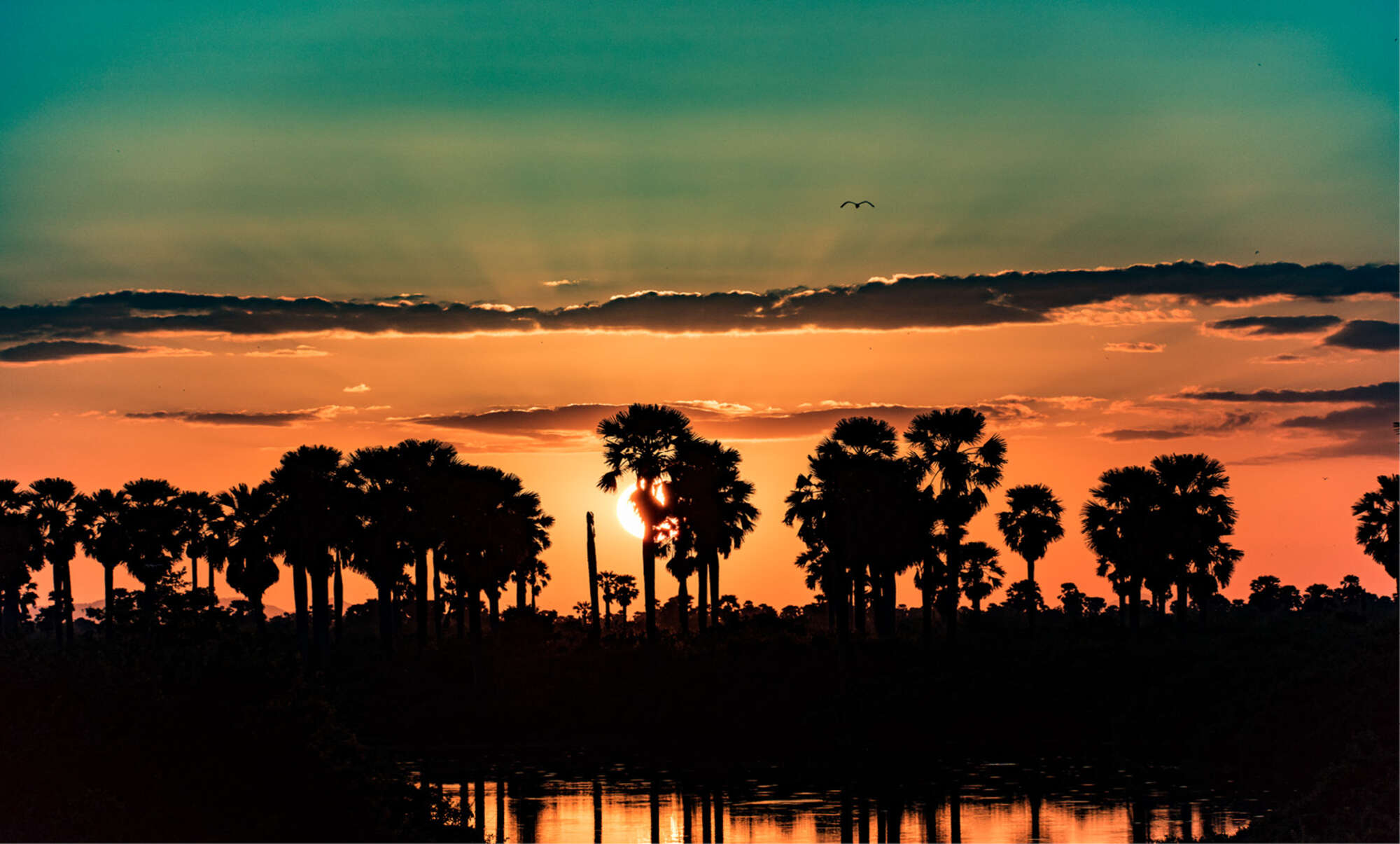
Impala Camp
Impala Camp is a comfortable, excellent-value camp with colourful tented rooms raised on platforms, good guiding and tasty food.
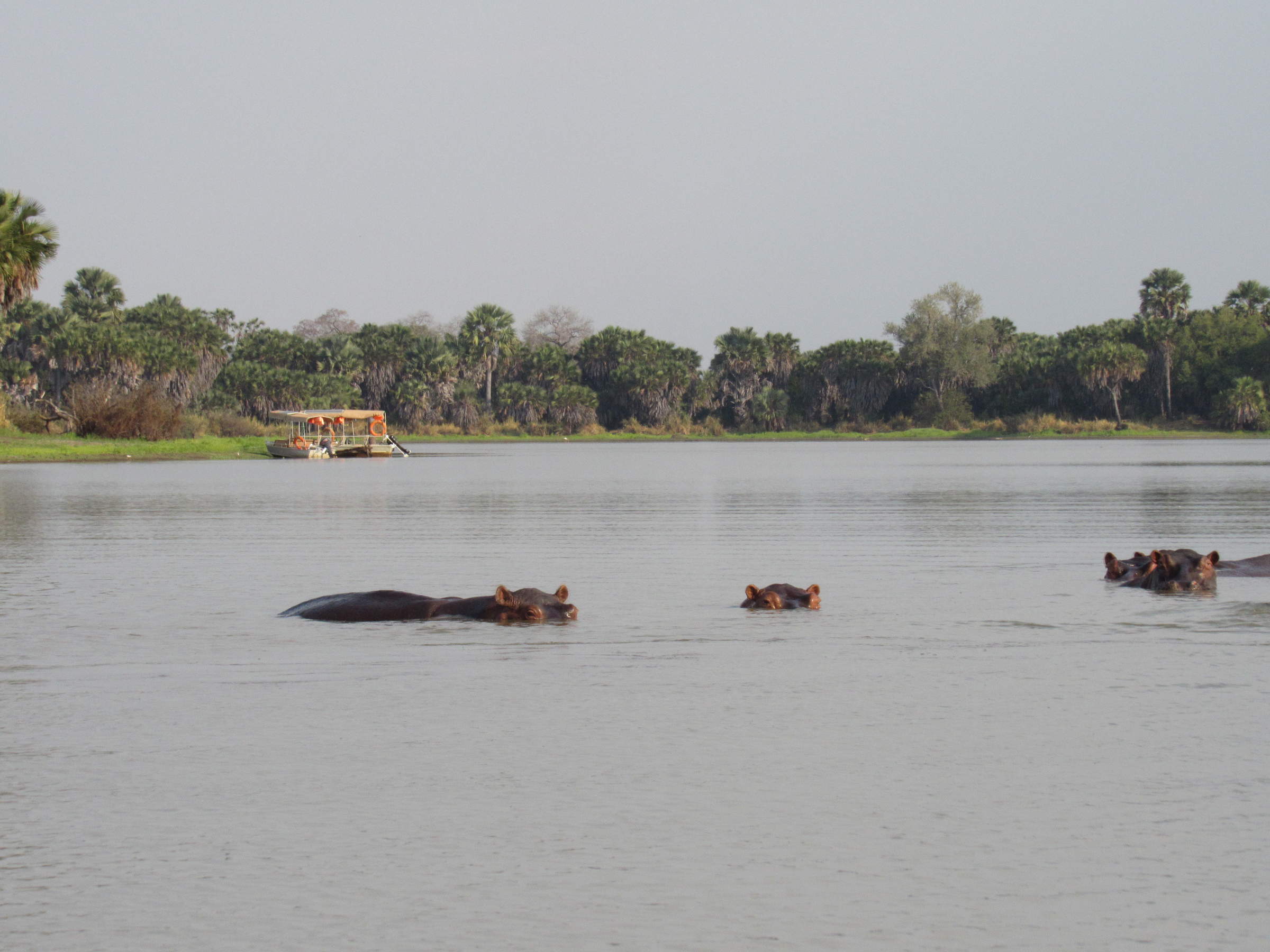
Lake Manze Camp
Lake Manze Camp is a rustic, lakeside bushcamp in Nyerere National Park that offers a great wilderness experience and doesn’t cost the earth.
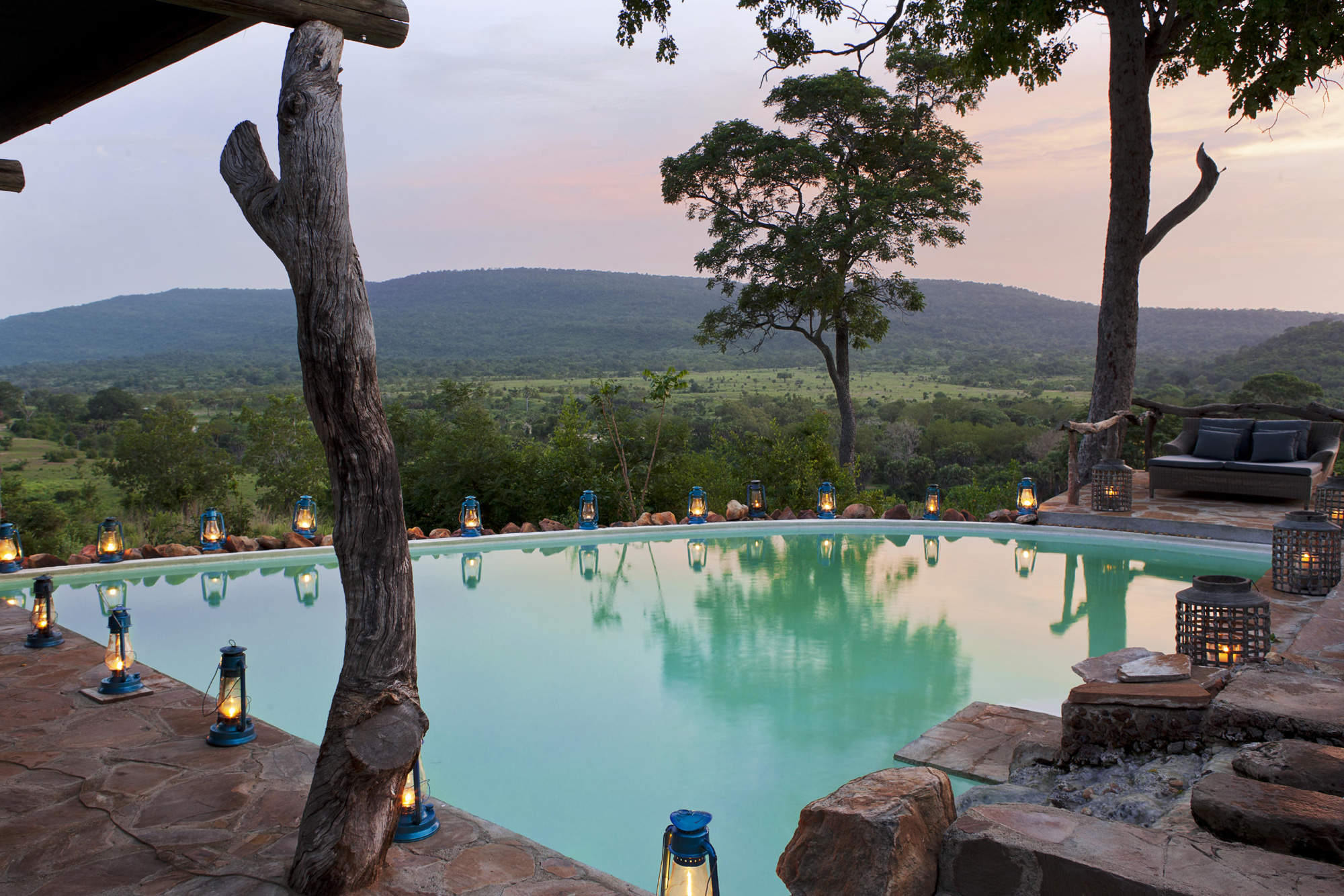
Beho Beho
Beho Beho is one of the best camps we work with in Africa, with gracious hosts, fantastic food and most importantly, excellent guiding.
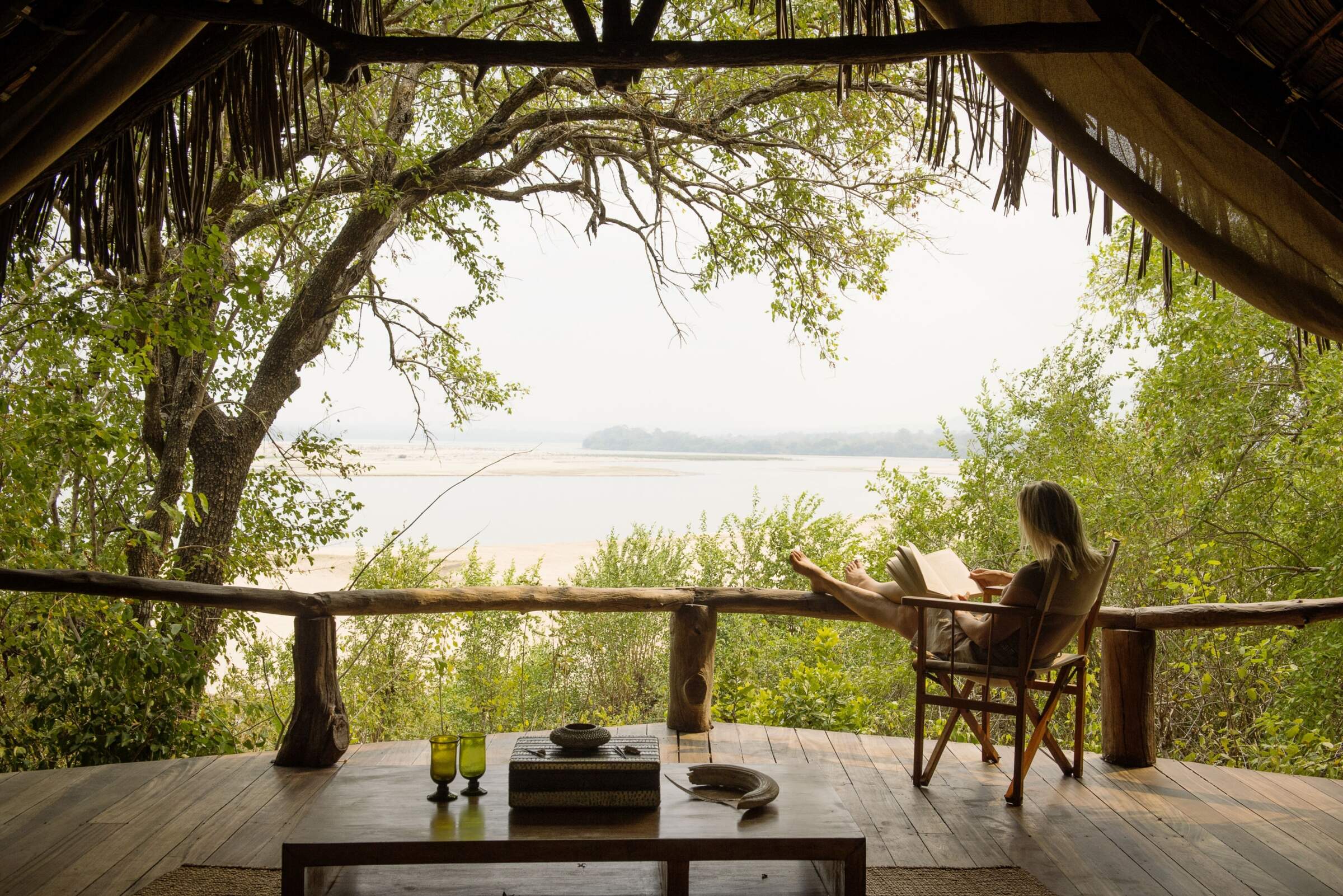
Sand Rivers Camp
The stylishly put together Sand Rivers has an outstanding reputation, with a wonderful location on the Rufiji River and great guides.
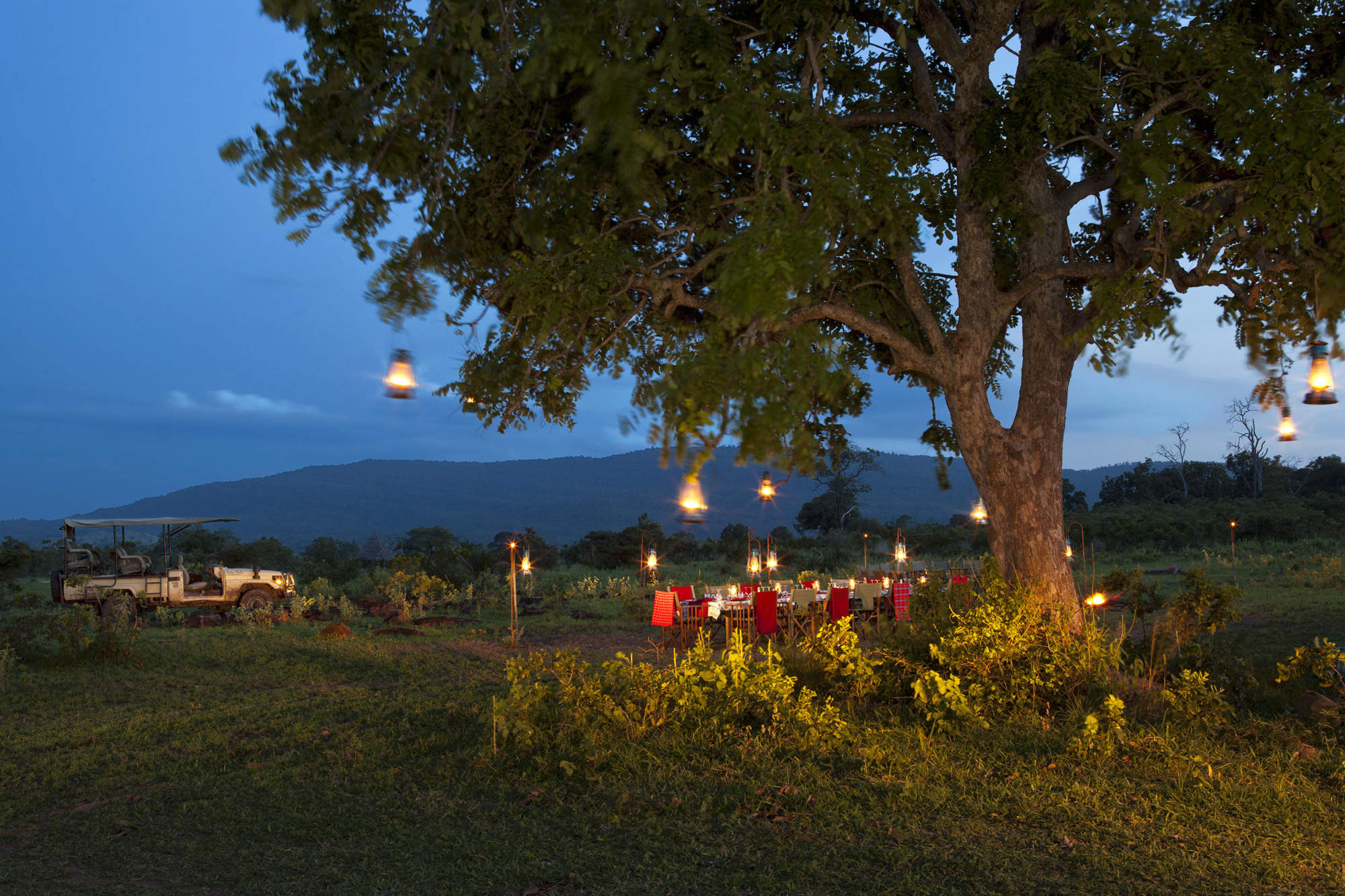
Beho Beho Tree-house
Beho Beho Treehouse is a satellite tree platform for just one couple, managed by Beho Beho and ideal as a one-night honeymoon retreat
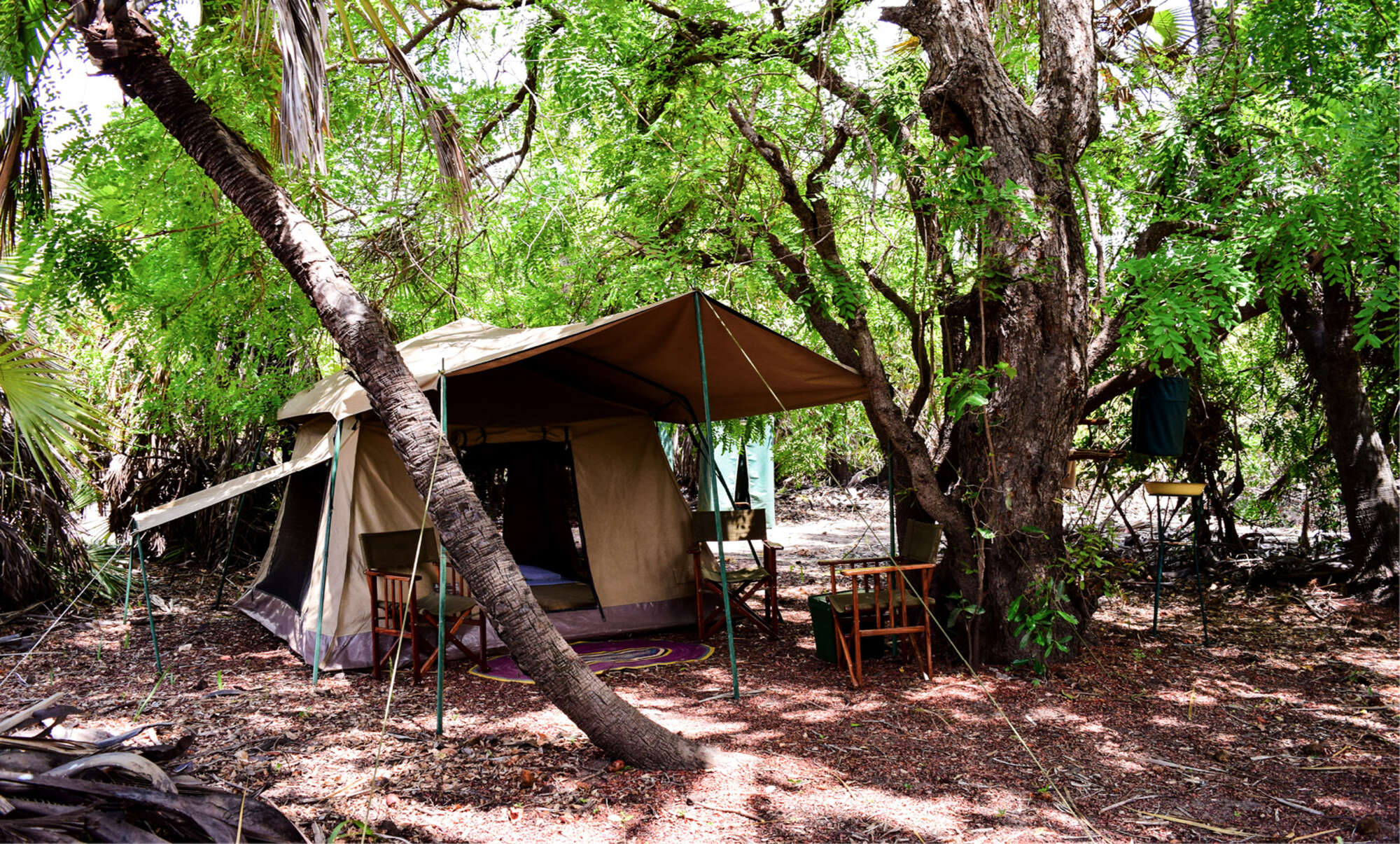
Impala fly-camping
While you're staying at Impala Camp in Nyerere National Park, you can enjoy a few nights' fly-camping in the heart of the bush.
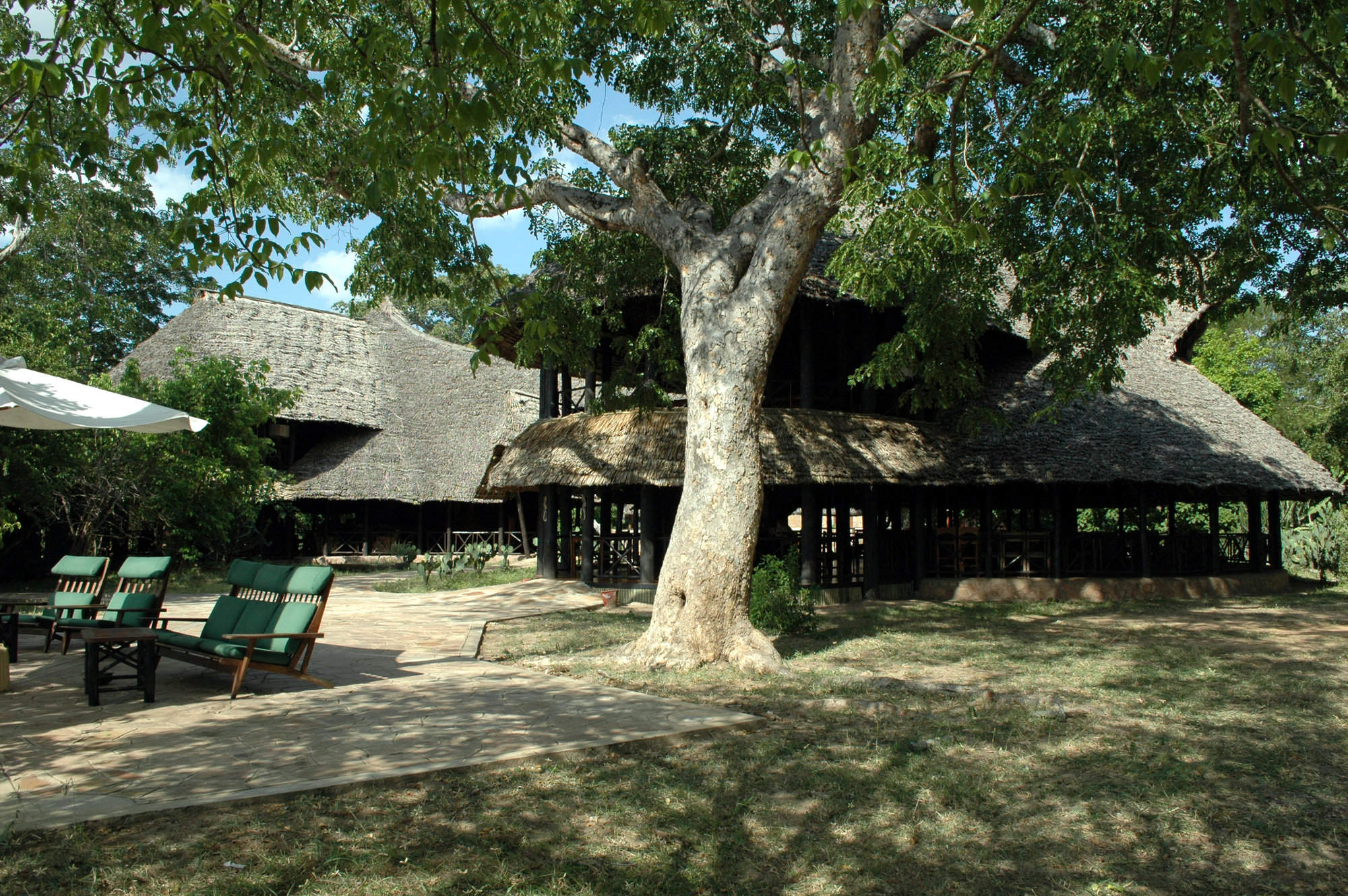
Rufiji River Camp
Rufiji River Camp has a lovely location right on the edge of the Rufiji River and while not luxurious, it is one of the lowest-cost camps in the park.
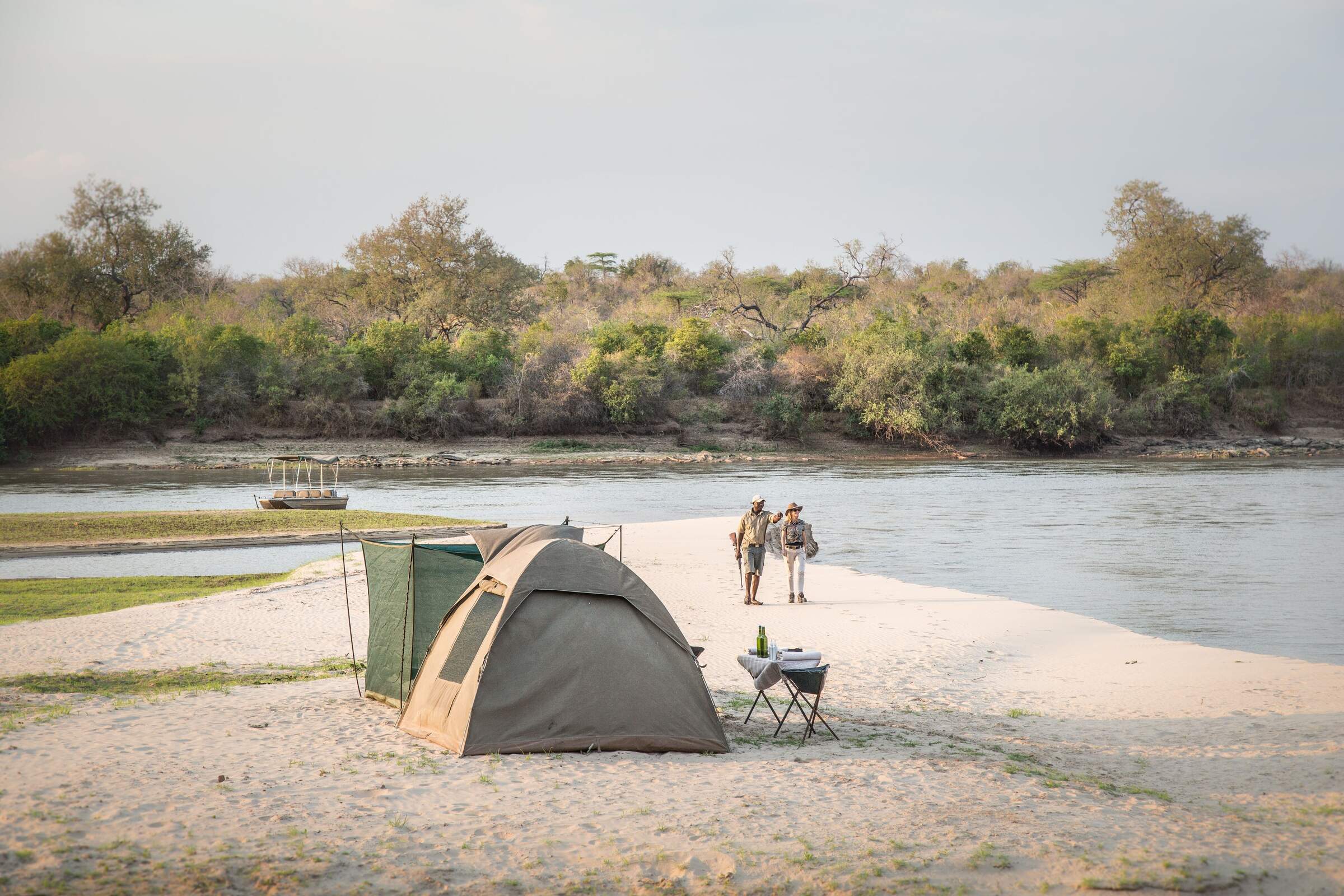
Sand Rivers fly-camp
Sand Rivers fly-camping safaris in Tanzania's Nyerere National Park operate out of Sand Rivers Camp, on the Rufiji River.
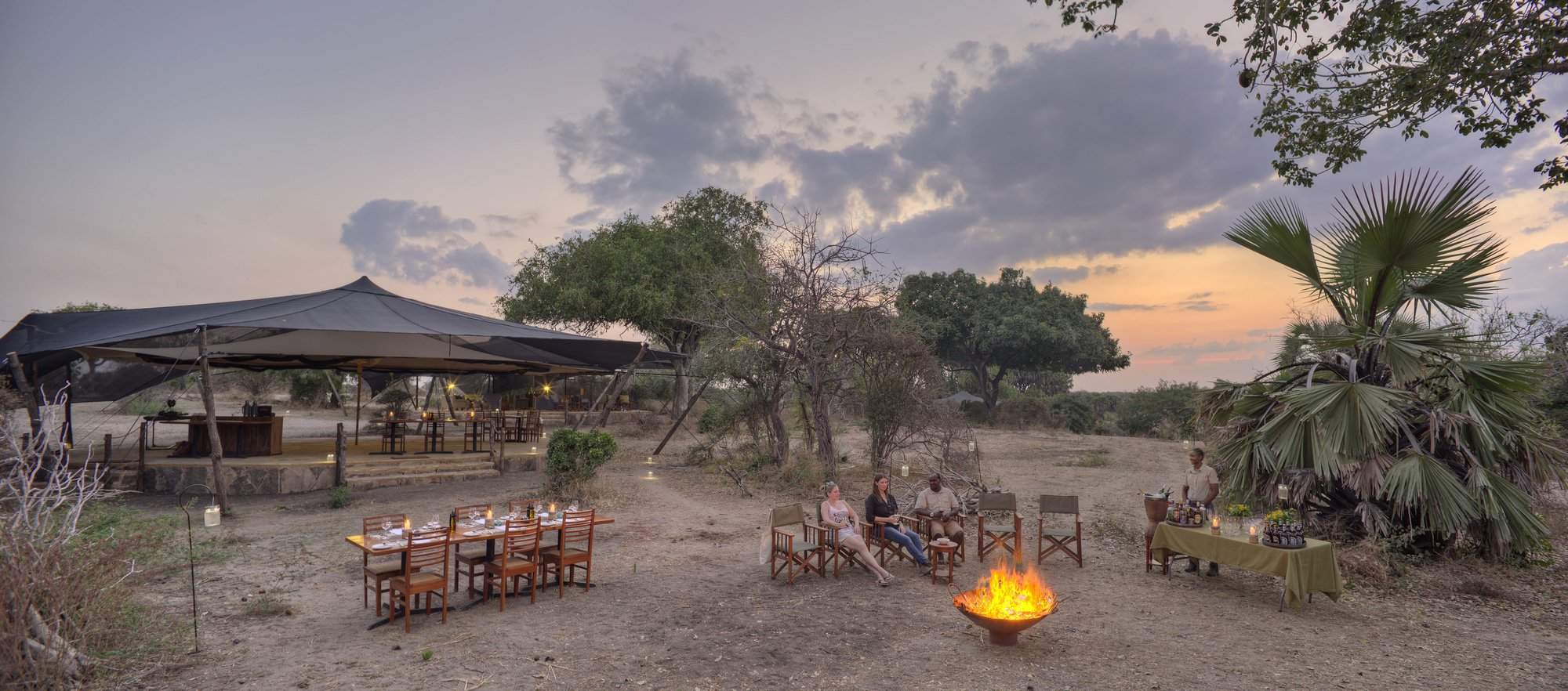
Roho ya Selous
Roho ya Selous is a smart tented camp on the west side of lake Nzerakera, close to the park’s best wildlife-viewing areas.
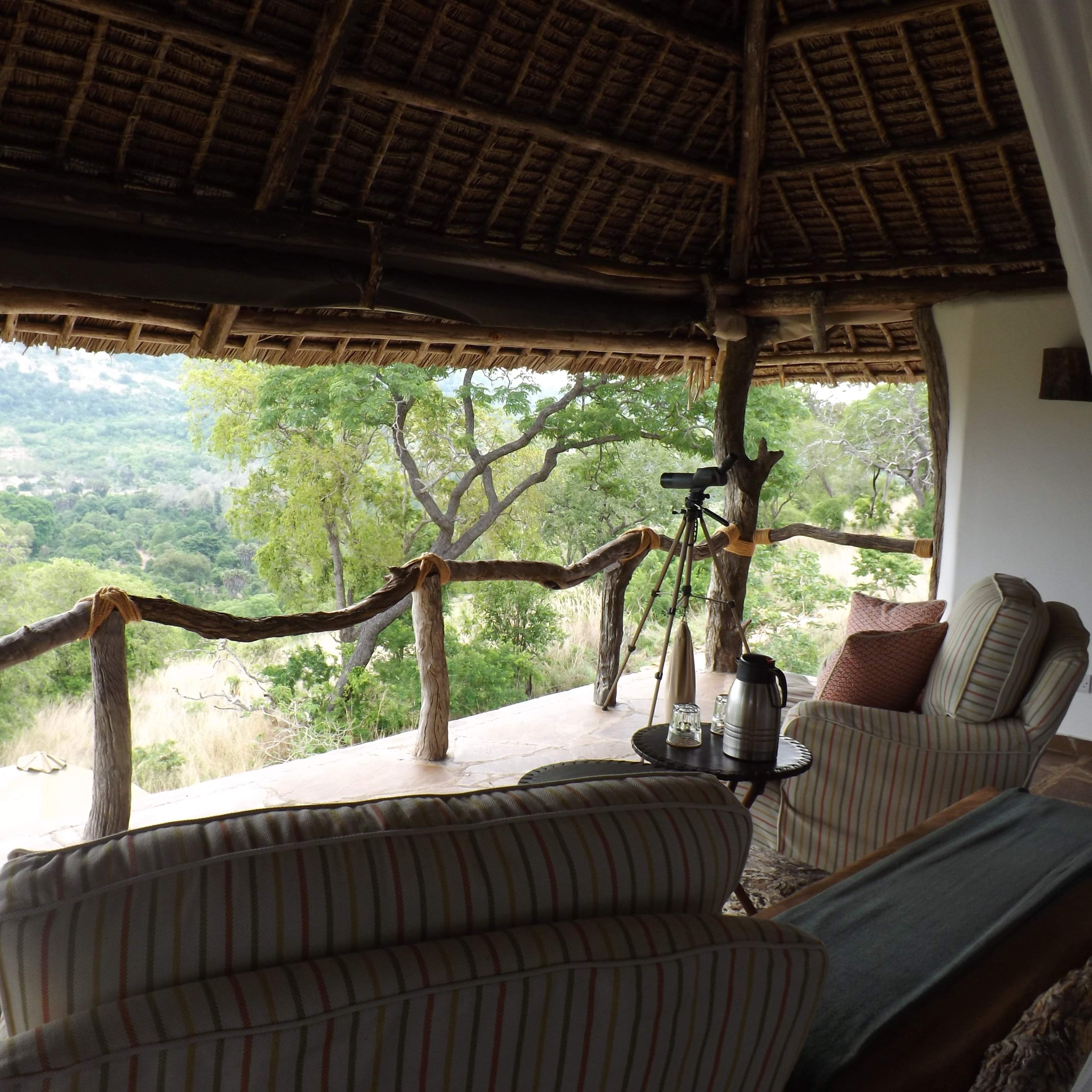
Beho Beho Bailey's Banda
Bailey's Banda at Beho Beho is a luxurious safari lodge in Nyerere National Park which can be booked exclusively for you and your party.
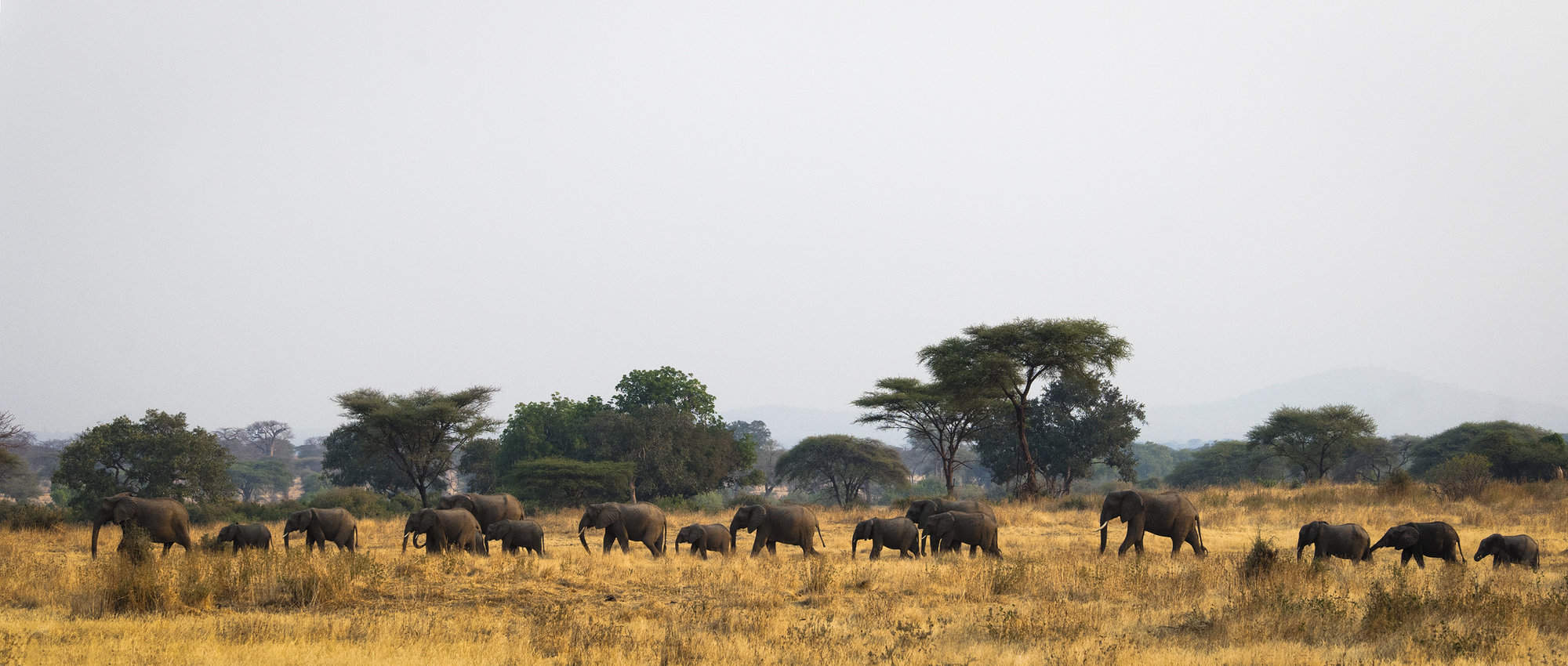
Rufiji River fly-camp
Fly-camping trips can be organised from Rufiji River Camp in Tanzania's Nyerere National Park
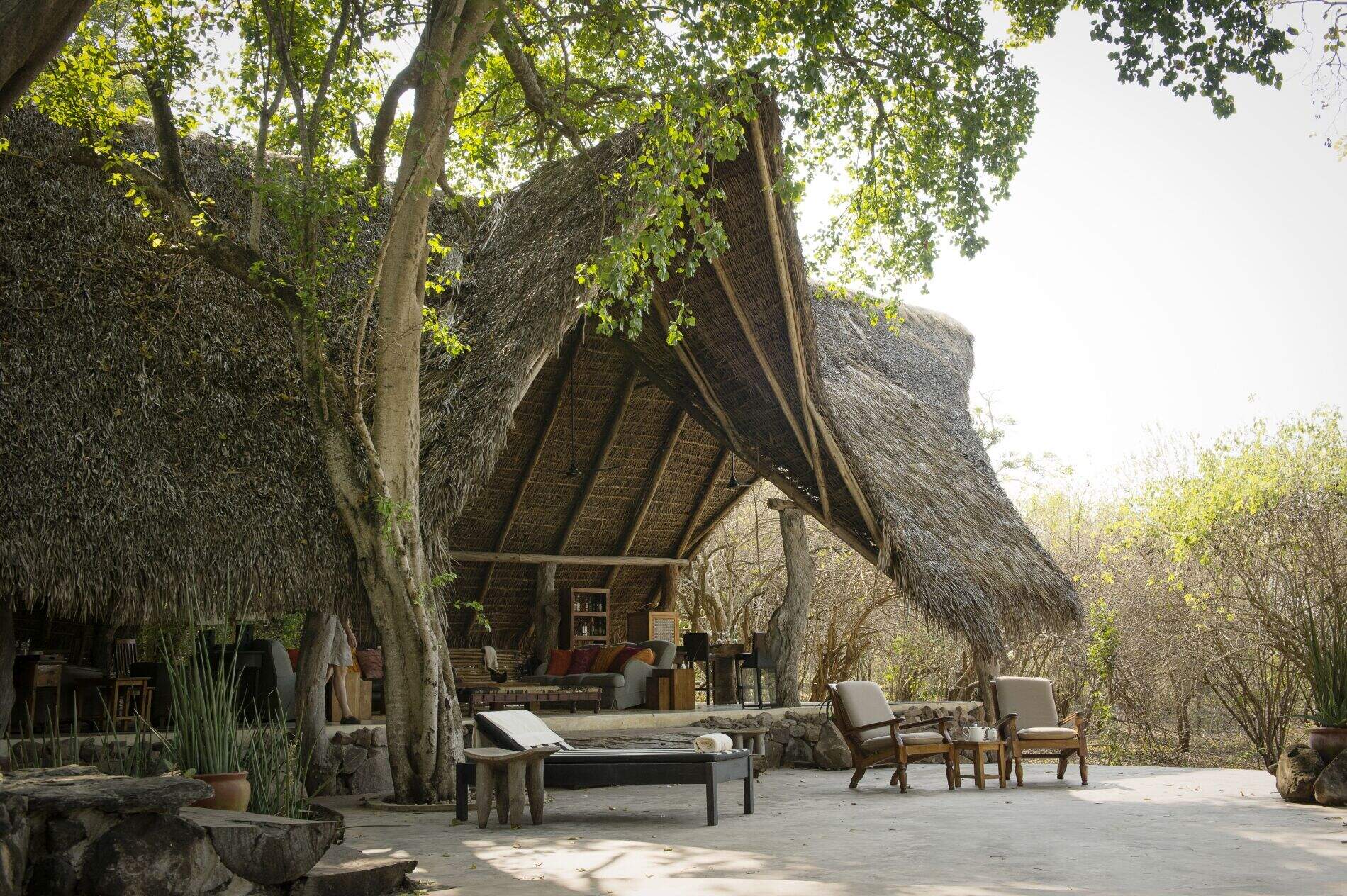
Kiba Point
Kiba Point is the private sister camp of Sand Rivers, available on an exclusive basis, with its own private drivers and staff.
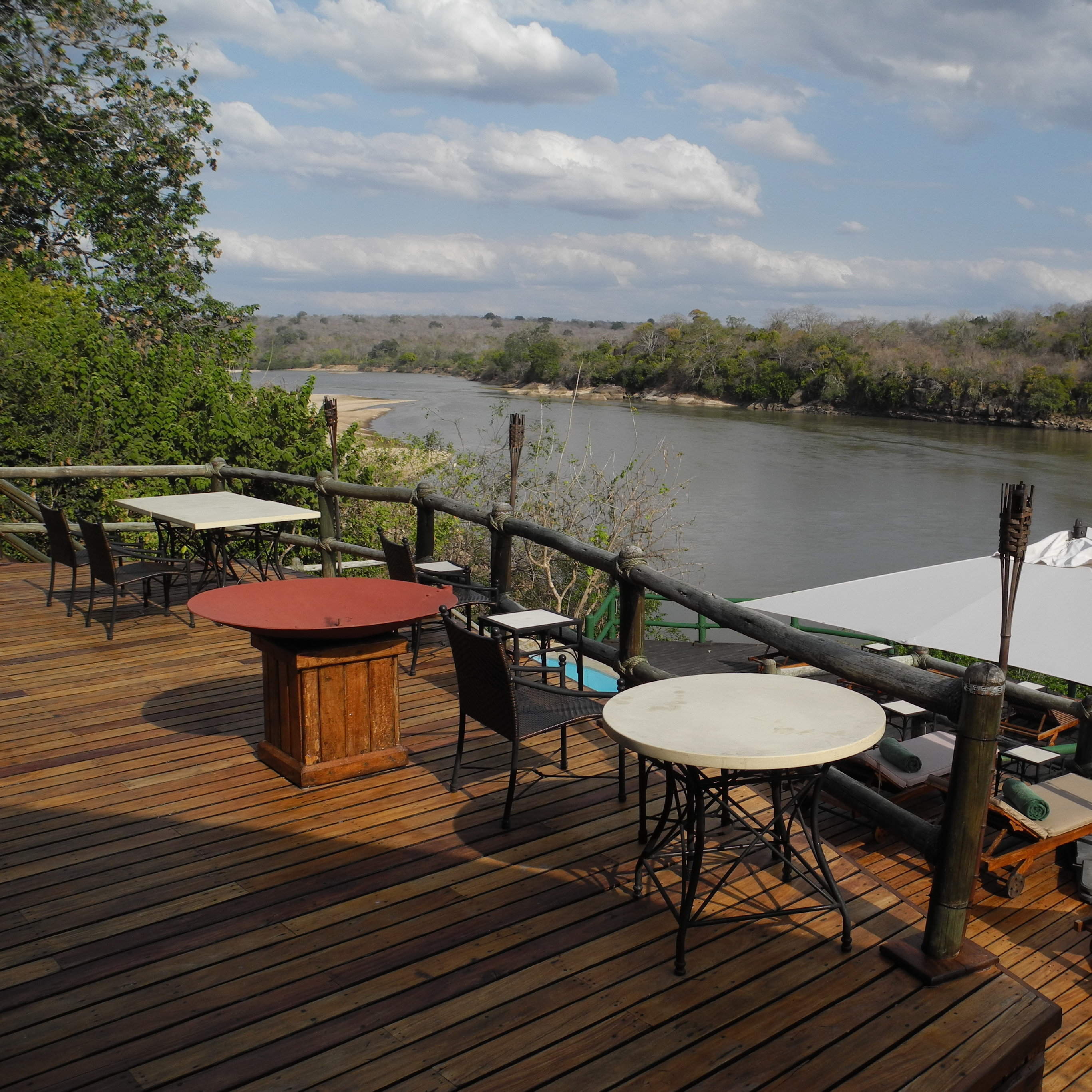
Mivumo River Lodge
Mivumo River Lodge is Serena's main lodge in the Selous. Although comfortable, the windows and air-conditioning dispel any wilderness feel.
When to go to Nyerere National Park
Our month by month guide: What it's like to visit Siwandu in Nyerere National Park
Jan
Feb
Mar
Apr
May
Jun
Jul
Aug
Sep
Oct
Nov
Dec
Tanzania in January
January usually marks the start of the short dry season, although the exact timings of this are a little unpredictable. You can expect clear blue skies and sunshine, if the short rains have stopped, and the temperatures will be building. The short dry season is a little less pronounced in Southern Tanzania, and so it can still be wet in these areas. It is an interesting time for avians as resident birds go into breeding plumage and migrant species can be present.
Once the New Year busy period has quietened down, January can offer great value and quieter parks, although the weather can be variable, and in the Selous and Ruaha the wildlife is more dispersed.
- Variable weather: clear & dry or cloudy with some rain.
- Occasional thunderstorms may occur.
- A good time of year for birding as and many migrant species are around
- The wildebeest migration is gathering in the southern Serengeti.
- Busy in early January, quietening down through the month.
Our view
A good time to visit, with pros & cons
Weather in January
Tanzania in February
February is during the short dry season and is one of the hottest months in Tanzania, with temperatures reaching around 33°Celsius. This can be a good time to visit, as some areas of the Northern Circuit are comparatively quieter than during the European summer months, and lodge rates are also a little lower.
The wildebeest will typically be on the southern plains of the Serengeti for their calving season, which tends to occur in a 2-3 week window in early-mid February – although this does vary year on year. This is also a particularly rewarding time for birdlife, as northern hemisphere migrants join the resident species.
- Hot and dry weather.
- Wildebeest migration calving on Serengeti’s southern plains.
- Ngorongoro Crater and southern Serengeti busy for the migration.
- Selous and Ruaha are typically quiet at this time.
- The parks are likely to be lush and green, leading to pretty landscape
Our view
A very good time to visit
Weather in February
Tanzania in March
The heavier ‘long rains’ start in earnest in March although exactly when varies year on year. With no need to stay close to permanent water sources, migratory wildlife disperses, and so game viewing starts to become more challenging. This is most prominently seen in Tarangire National Park. The wildebeest migration may still be calving, or have moved on into the central regions of the Serengeti.
Many of the camps in the southern parks close mid March and mobile tented camps in the Serengeti will wind down towards the end of the month in order to move location or carry out refurbishments, ready for the new tourist season.
- Hot with building humidity, before the rains begin at some point.
- Wildlife viewing is variable depending on the start of the rains.
- Parks are quiet and rates are low.
- Not great for southern or western Tanzania.
- March can be a good time for birding, with many migrant species.
Our view
A good time to visit, with pros & cons
Weather in March
Tanzania in April
April is in the middle of the long rainy season and is the wettest month, with on average 250mm of rain. Temperatures are fairly high and humid in comparison to the rest of the year. Expect the bush to be lush and flowering, and alive with insects, birds and smaller animals. It is however also dense, allowing wildlife to hide, which in turn makes game viewing harder. This is a very quiet time in terms of visitor numbers.
Many of the tented camps are closed in April, however the larger lodges remain open. The rates are significantly cheaper, and so if you are willing to work harder to spot the bigger game, some accommodation bargains can be had.
- Heavy rain expected, with impressive thunderstorms and lightning.
- Many camps closed and roads impassable due to ground conditions.
- Rates are at their lowest all year round, with very few other tourists
- Places that are open are green and vibrant, wildlife more dispersed.
Our view
This is not a great time to visit
Weather in April
Tanzania in May
As Tanzania is close to the equator there is no dramatic difference in climate throughout the year, but temperatures do start to drop a little in May. The rains are likely to still be present, although potentially clearing towards the end of the month. Visitor numbers and lodge rates are still low. The wildebeest migration is making its way through the western regions of the Serengeti, crossing the Grumeti River.
Virtually all camps in southern Tanzania remain closed, and many of the roads and tracks in the Selous become impassable.
- Heavy rains and storms are likely, this can create some dramatic skies
- Blissfully quiet in northern Tanzania, and a good time to avoid crowds
- The parks are likely to look lush and green, with long grass.
- Wildlife is likely to be more dispersed, with fewer sightings.
- The low prices make safaris much more affordable at this time.
Our view
This is not a great time to visit
Weather in May
Tanzania in June
The rains come to an end at some point during the month and migratory wildlife begins to be drawn back to perennial water sources as the land starts to dry up. It’s likely that the parks will still be quite green and the grass high though, so walking and fly-camping may be unlikely. This marks the start of the season with camps reopening, but prices are still more affordable than the subsequent months.
The migration may still be in the Western Corridor, or on the move northwards towards the Mara River. Western Tanzania presents more challenging conditions for chimpanzee trekking in Mahale National Park, as the chimps are higher in the mountains.
- Variable weather: clear & dry or cloudy with some rain.
- A transitory time for the migration – moving from west to north.
- The parks may still be quite green, and grasses high.
- Wildlife may be dispersed still.
- Relatively low visitor numbers and good value, shoulder season prices.
Our view
A good time to visit, with pros & cons
Weather in June
Tanzania in July
July is considered to be the start of the peak season, with no rainfall expected and pleasant daytime temperatures. As the parks dry, the wildlife congregates in fewer areas, grass is eaten and trampled by the migration, and game viewing gets better and better. The wildebeest are typically arriving in the northern Serengeti, ready to begin their period of crossings of the Mara River.
In the Selous and Ruaha wildlife sightings can be fantastic, with animals gathering around the lakes and rivers. Great conditions and school holidays mean the parks are at their busiest, with Ngorongoro and the Serengeti particularly crowded.
- Dry and warm daytimes, chilly and windy in the mornings and evenings.
- Great wildlife viewing, as water sources diminish.
- The most popular time of year with very high visitor numbers.
- Prices are at their highest due to the great conditions on the ground.
- To avoid the crowds consider Tanzania’s southern parks.
Our view
Fantastic: the very best time to visit
Weather in July
Tanzania in August
August is the middle of the long dry season, with clear skies and sunny weather. You can expect some cooler weather at night and first thing in the morning. Remember to pack layered clothing, so you can wrap up warm on your early morning game drives, but remain comfortable as it heats up throughout the day.
August is a very popular time to visit, so accommodation prices are at their highest and advanced booking is necessary. It can get noticeably busier in some of the northern parks – in particular the Ngorongoro Crater and northern Serengeti, as visitors flock to the area in hope of witnessing an exciting migration river crossing.
- Dry and warm daytimes, chilly in the early mornings and evenings.
- General wildlife viewing should be excellent.
- An exciting time of year for the wildebeest migration.
- Certain areas will be very busy and camps fill up fast.
- Great wildlife sightings in the Selous and Ruaha, and fewer people.
Our view
Fantastic: the very best time to visit
Weather in August
Tanzania in September
September can be an excellent time of year to visit Tanzania. As the parks continue to dry up the wildlife becomes increasingly reliant on the remaining water sources, leading to high densities of animals. Whilst early September can be busy, with fewer families traveling at this time the parks typically become quieter as the month goes on.
You are still likely to see the wildebeest migration in the northern Serengeti, with river crossings occurring on a regular basis. Tanzania’s southern parks are also fantastic at this time of year, generally receiving far fewer visitors than the north, and wildlife sightings can be great. Prices remain high and the weather generally remains good.
- Wildlife viewing in September can be fantastic.
- Whilst still fairly busy, often the parks are typically a little quiet
- The parks will start to become very dry, with little new vegetation
- Cooler mornings and evenings, warming up during the day.
- Prices remain high.
Our view
Fantastic: the very best time to visit
Weather in September
Tanzania in October
At the tail end of the dry season, the wildlife should be the easiest to spot, although photographers should be aware that it can be a bit dusty at this time of year, as there has been no rain for several months. Great general wildlife viewing throughout as animals are attracted to remaining sources of water. Elephant numbers are particularly high at this time in Tarangire, and Mahale and Katavi are especially rewarding with frequent wildlife sightings close to camp.
There is a chance of rainfall towards the end of the month, if the short rains commence. While prices remain high, visitors numbers are significantly lower than in July-August.
- Mostly dry and temperatures comfortably warm, with the chance of storm
- Great game viewing although the landscape can be a bit barren.
- Much lower visitor numbers than the earlier months.
Our view
A very good time to visit
Weather in October
Tanzania in November
In November you can expect the start of the short rains, although the start date varies every year. The rains are highly localised, and are much lighter and more unpredictable than the long rains that occur earlier in the year. These should not really interfere with your safari – as the game viewing at this time is still good - but you should pack a waterproof jacket and be prepared for some short rain showers!
The majority of tented camps remain open, but some of the mobile camps in Northern Tanzania will close for the latter half on the month. Given the seasonality, camps are charging shoulder season rates so there are often some bargains to be had. Early November can offer great value for money and the weather conditions are likely to be comparable to late October.
- Variable weather: clear & dry or cloudy with some rain.
- Parks are comparatively quiet and prices at the lower end.
- Some camps will close towards the end of the month for maintenance.
- Good wildlife sightings, but animals will disperse when rain starts
- The wildebeest migration is on the move and the location unpredictable
Our view
A good time to visit, with pros & cons
Weather in November
Tanzania in December
December is also during the short rainy period, but this does not stop Tanzania being a popular destination to spend the festive period. Be aware that many of the lodges book up early, and charge peak rates over this time. Advanced booking is essential over this period, especially if travelling in larger family groups.
Travelling in December outside of the festive period allows travellers to make use of excellent shoulder season rates. Temperatures are pleasant with the averages of 27Celsius, although there is the chance of intermittent thunderstorms.
- Variable weather:clear & dry or cloudy with some rain and thunderstorm
- Good general game viewing in parks with low seasonality - Serengeti.
- Very quiet early in the month, becoming exceptionally busy.
- Prices reflect this – great value rising to the highest they are.
- The wildlife in southern Tanzania is more dispersed.
Our view
A good time to visit, with pros & cons
Weather in December

Looking for inspiration on where to travel next?
Visit our trip chooser to explore your options and find inspiration for your perfect African adventure
Inspire me